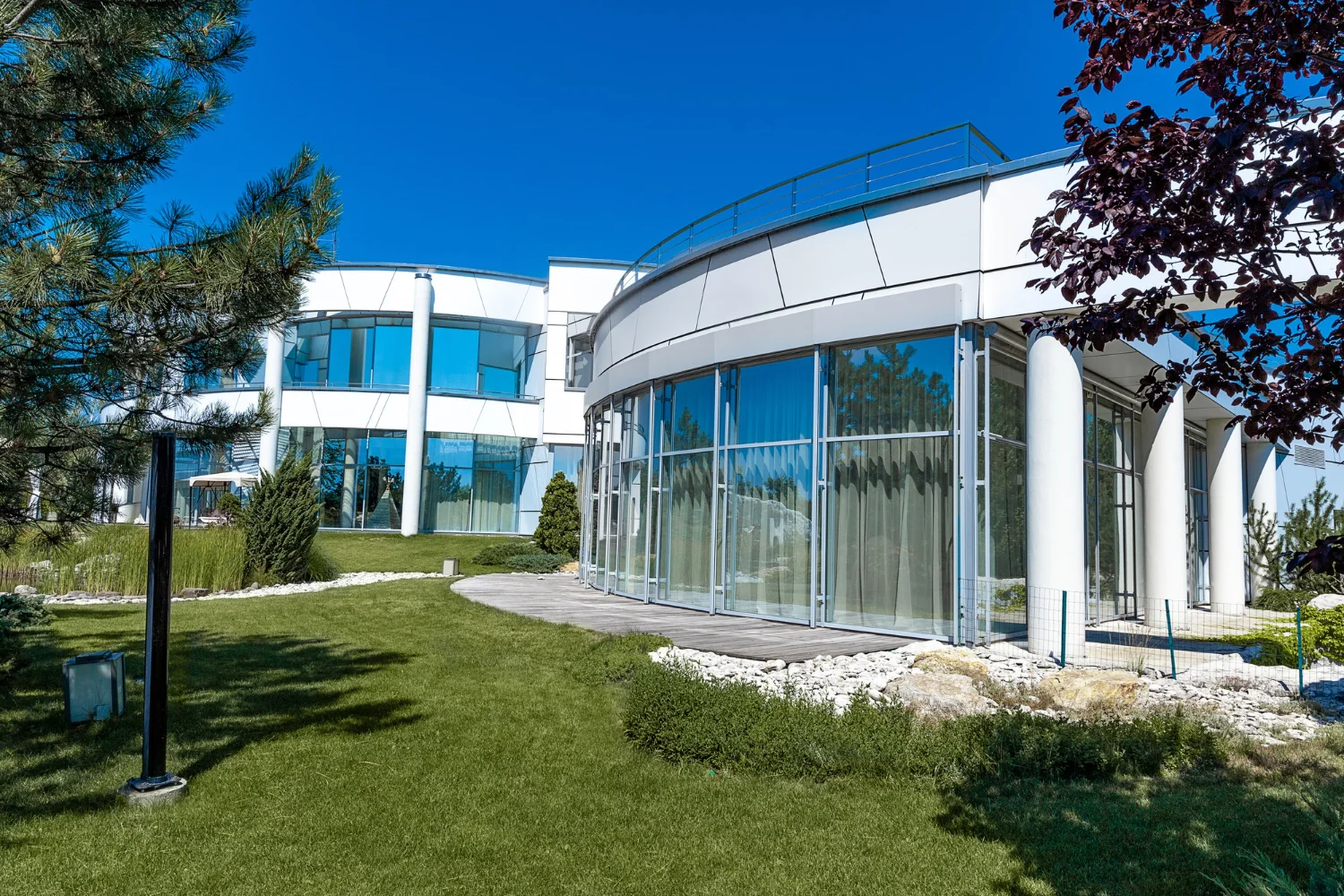106 Best Alcohol and Drug Rehabs in Nebraska 2025
Nebraska has 106+ drug rehab centers dedicated to helping individuals overcome addiction and reclaim their lives. Our directory provides a curated list of inpatient and outpatient facilities, detox centers, and medication-assisted treatment (MAT) programs to meet diverse recovery needs.
Find and compare treatment options, locations, and specialized services to choose the right path for you or your loved one. Whether you’re seeking medical detox, therapy-based programs, or long-term recovery solutions, this resource connects you with trusted providers in Nebraska.
Browse the listings below to explore accredited addiction treatment centers near you and take the first step toward lasting recovery.
106 Treatment Centers in Nebraska, US

7.39
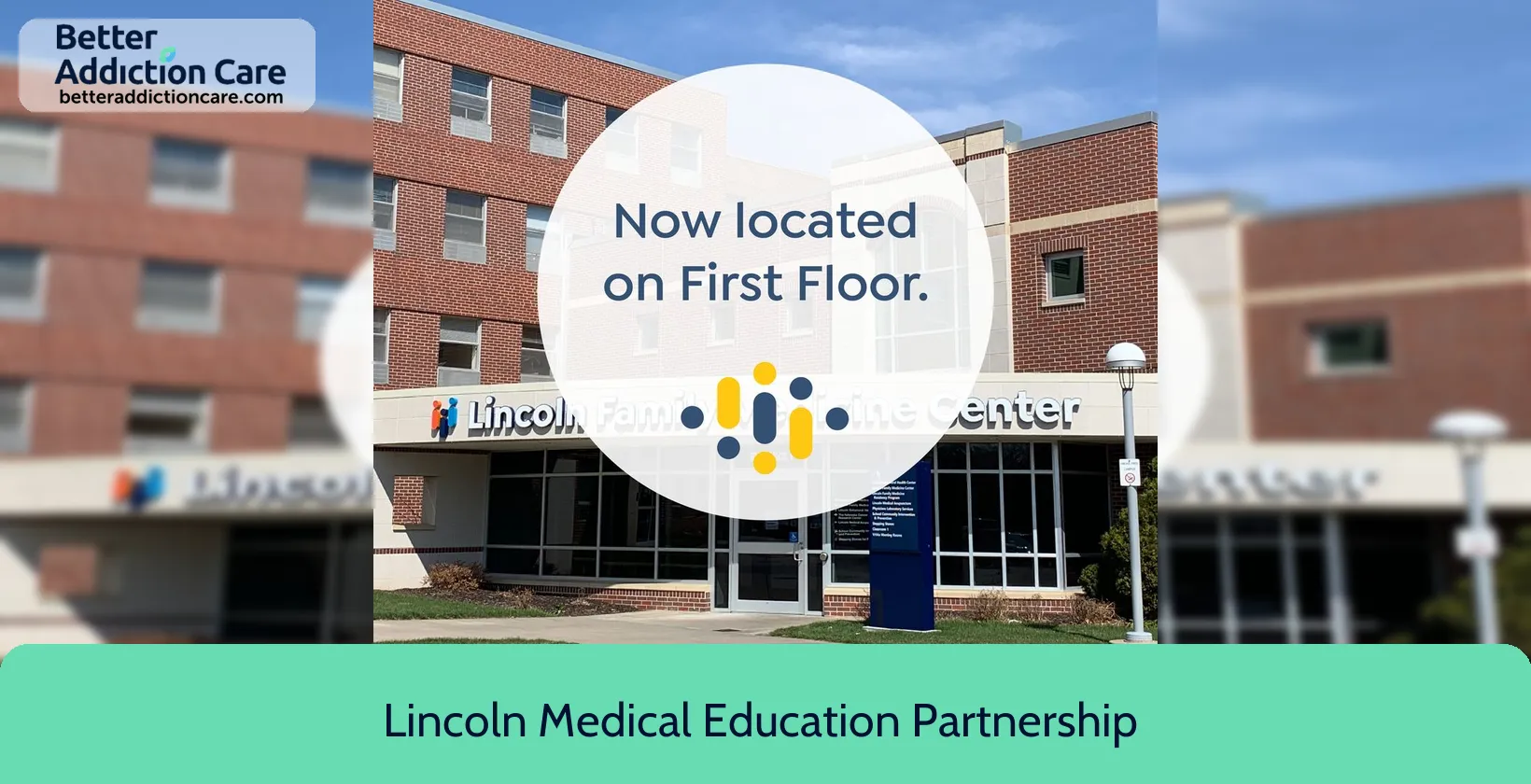
6.94
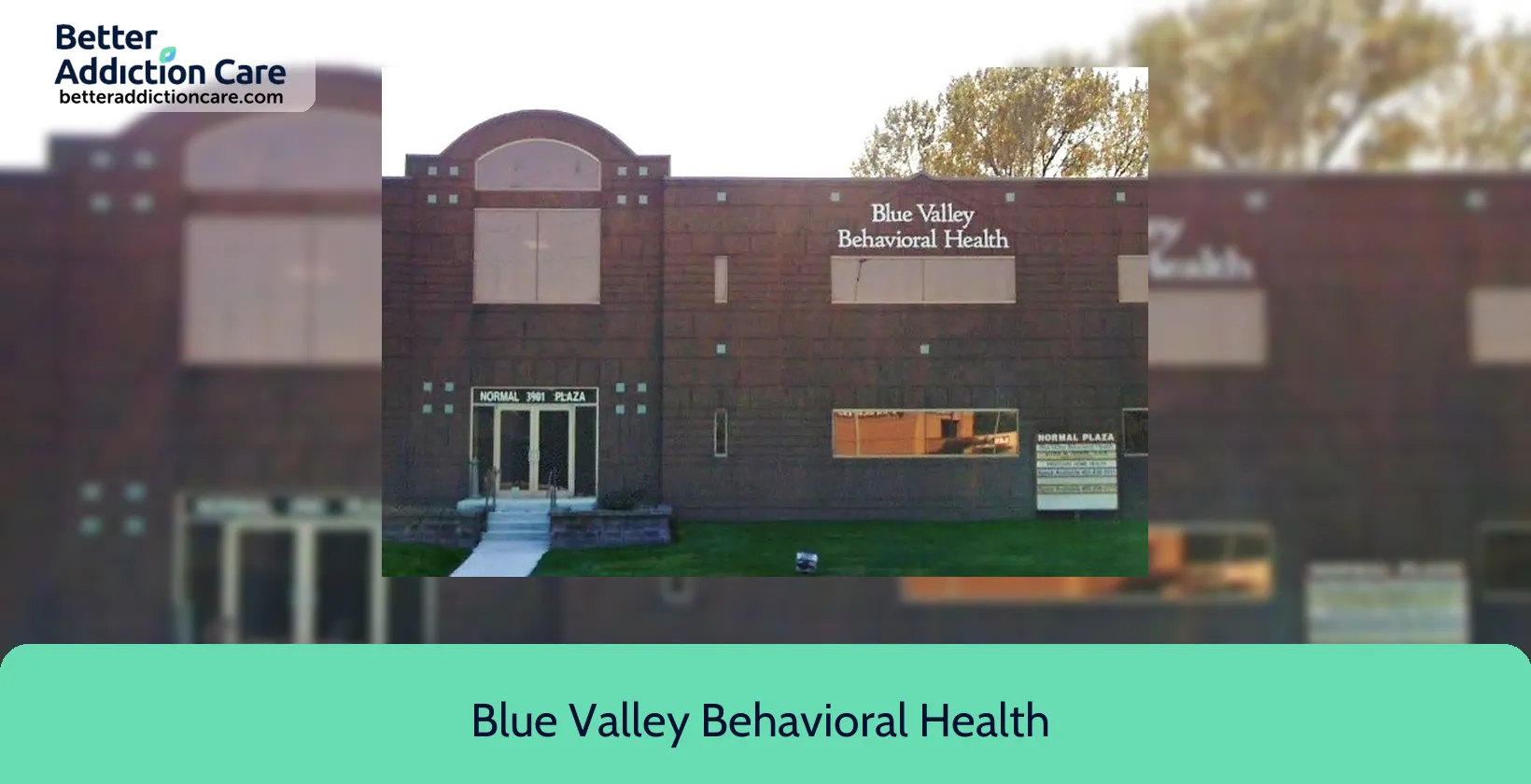
7.00

7.12
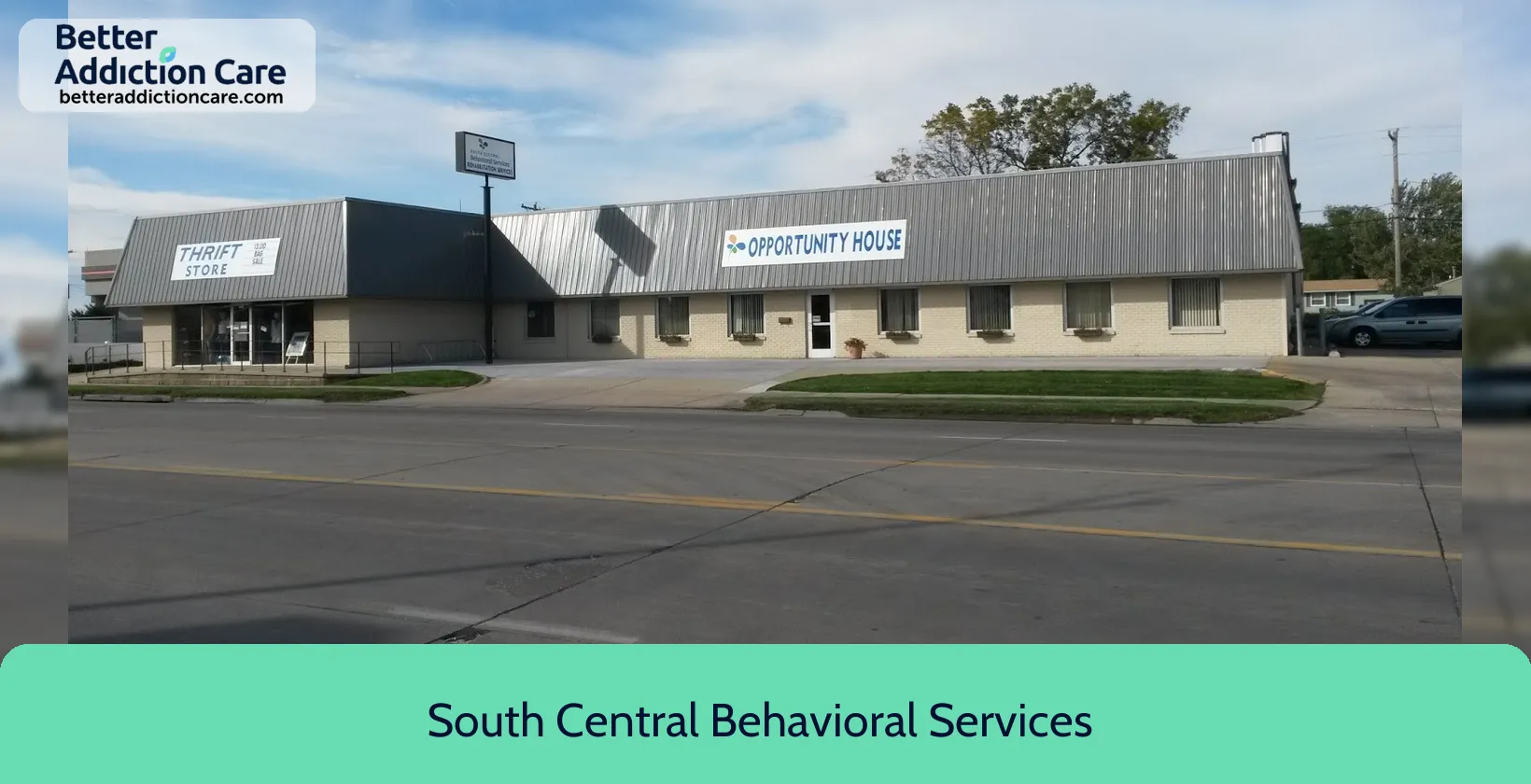
6.85
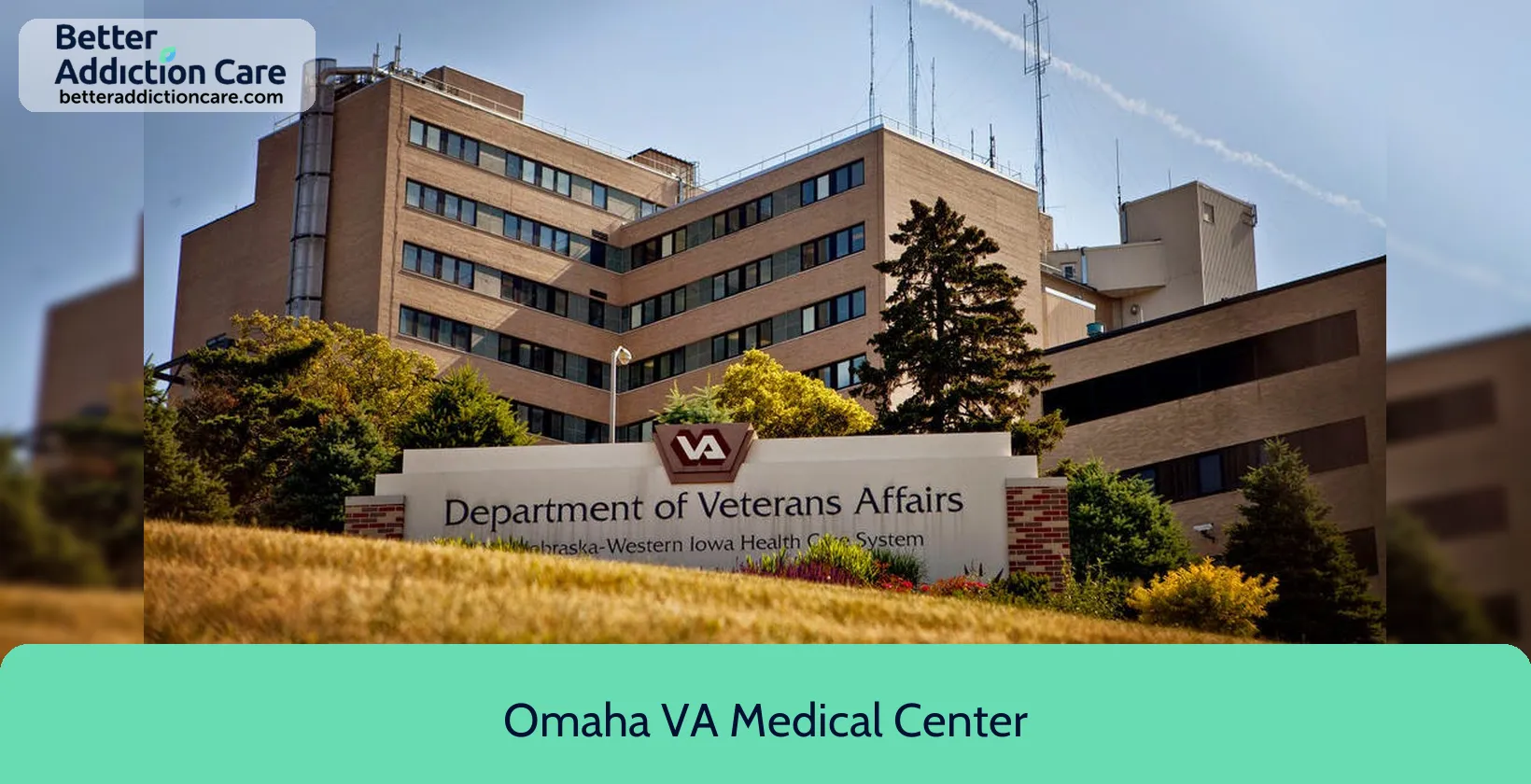
7.90
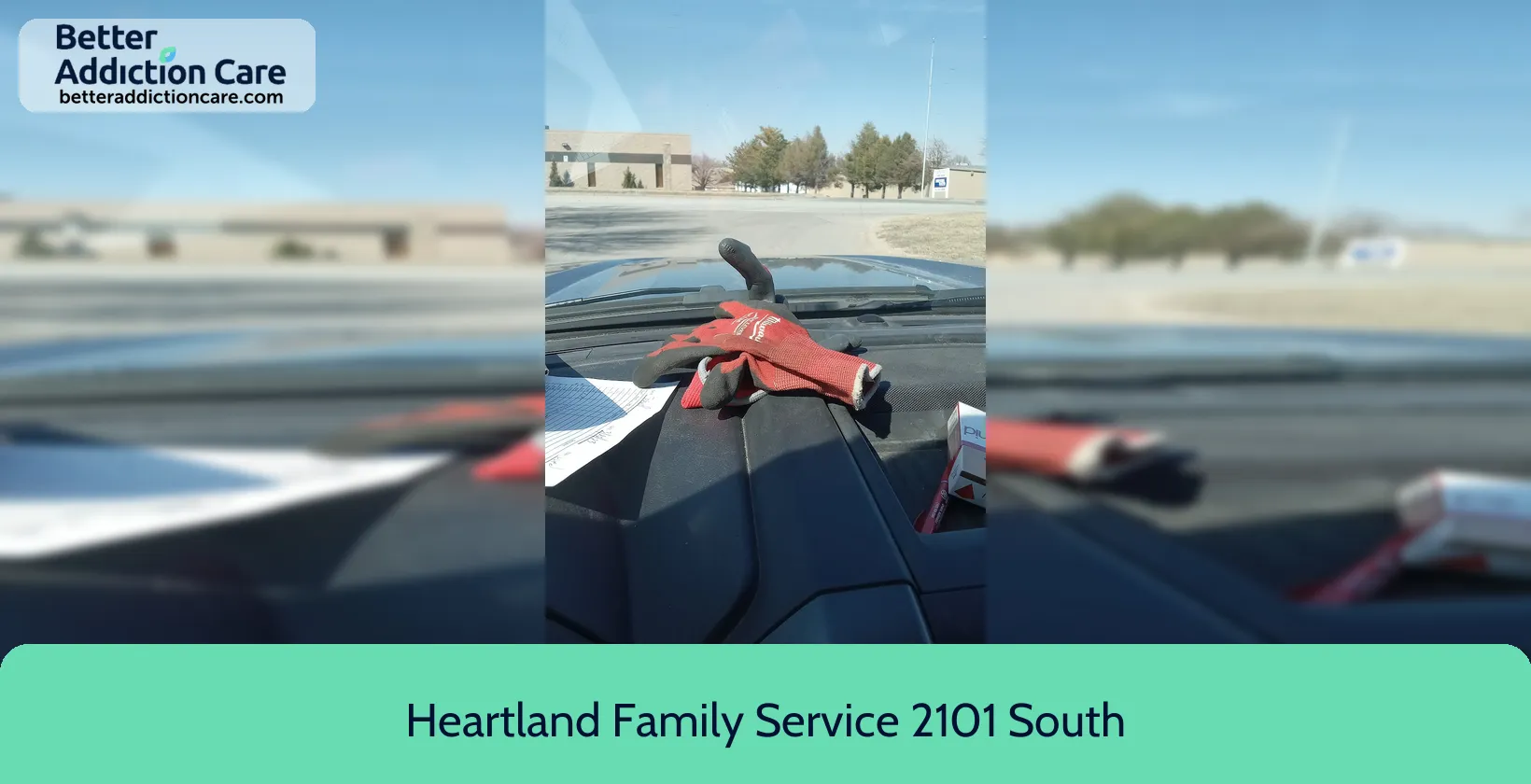
7.38
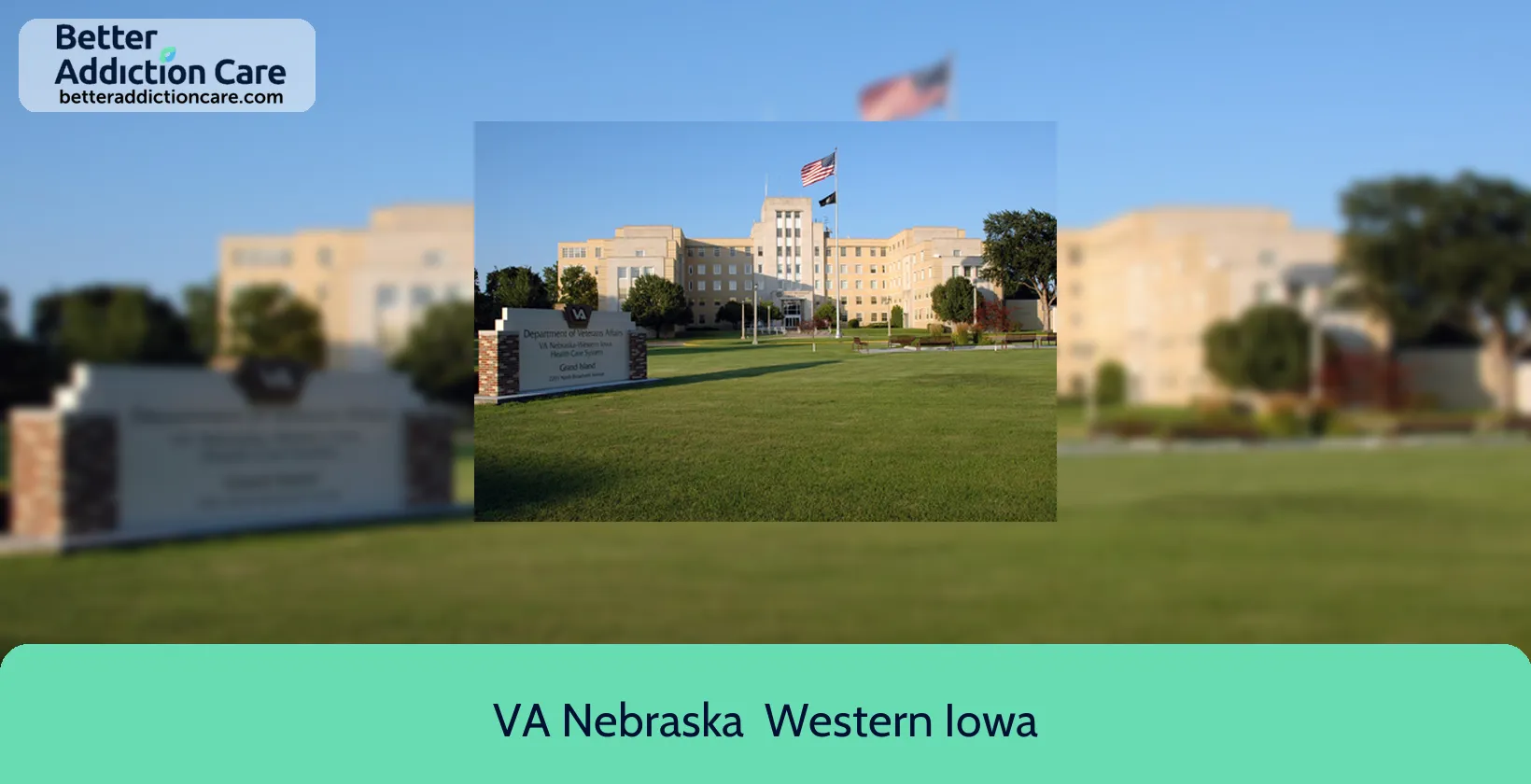
8.13
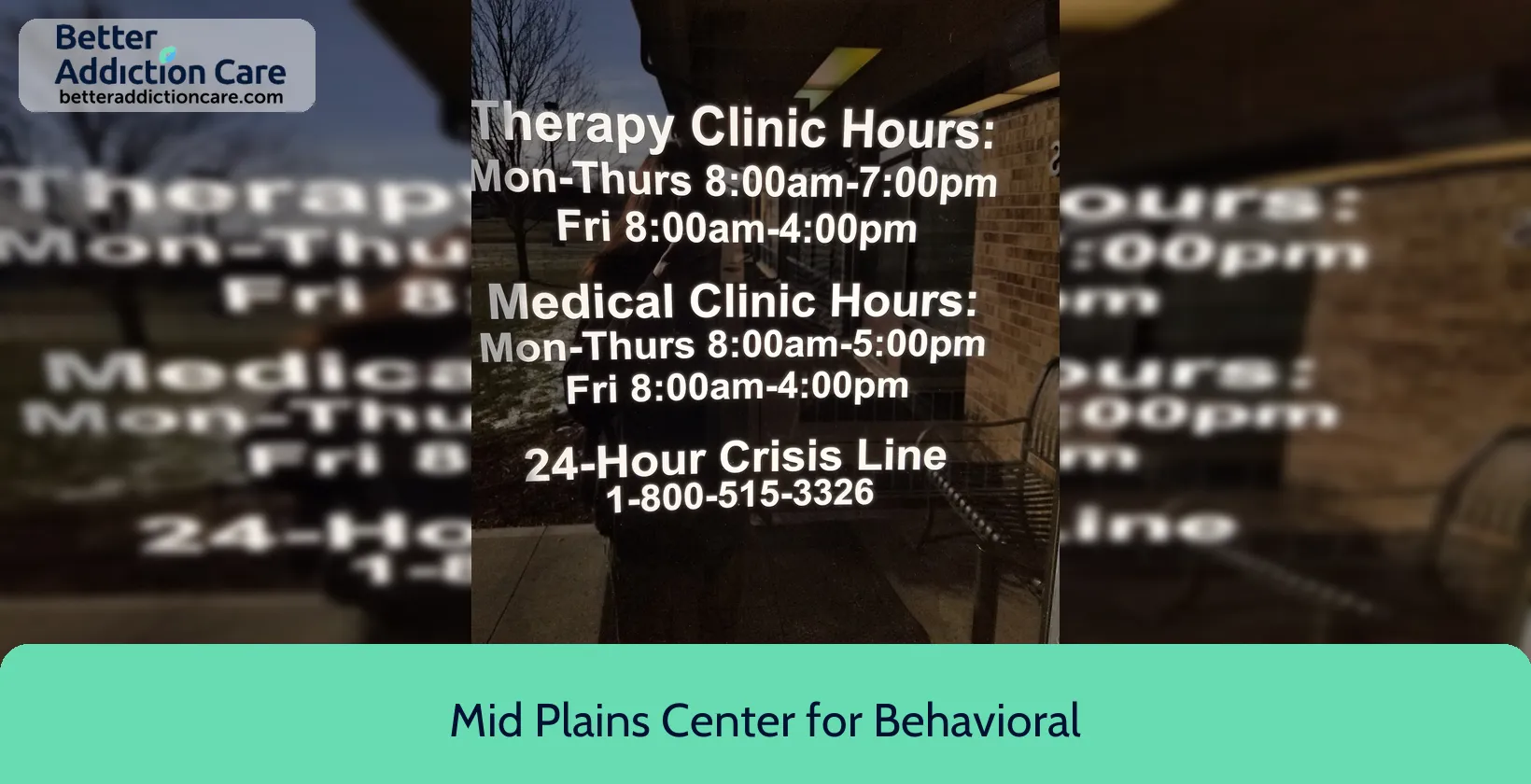
7.58

6.78
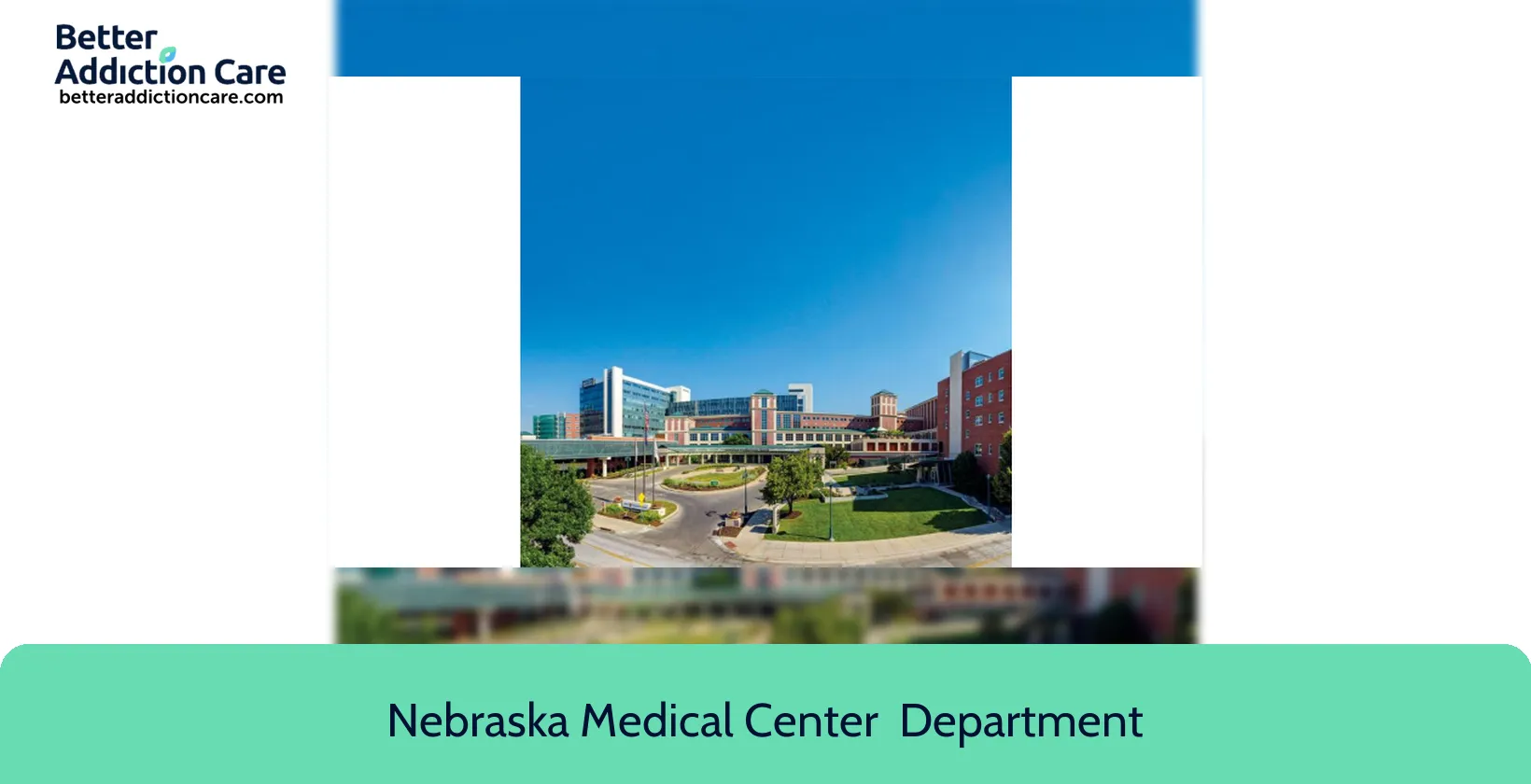
6.77
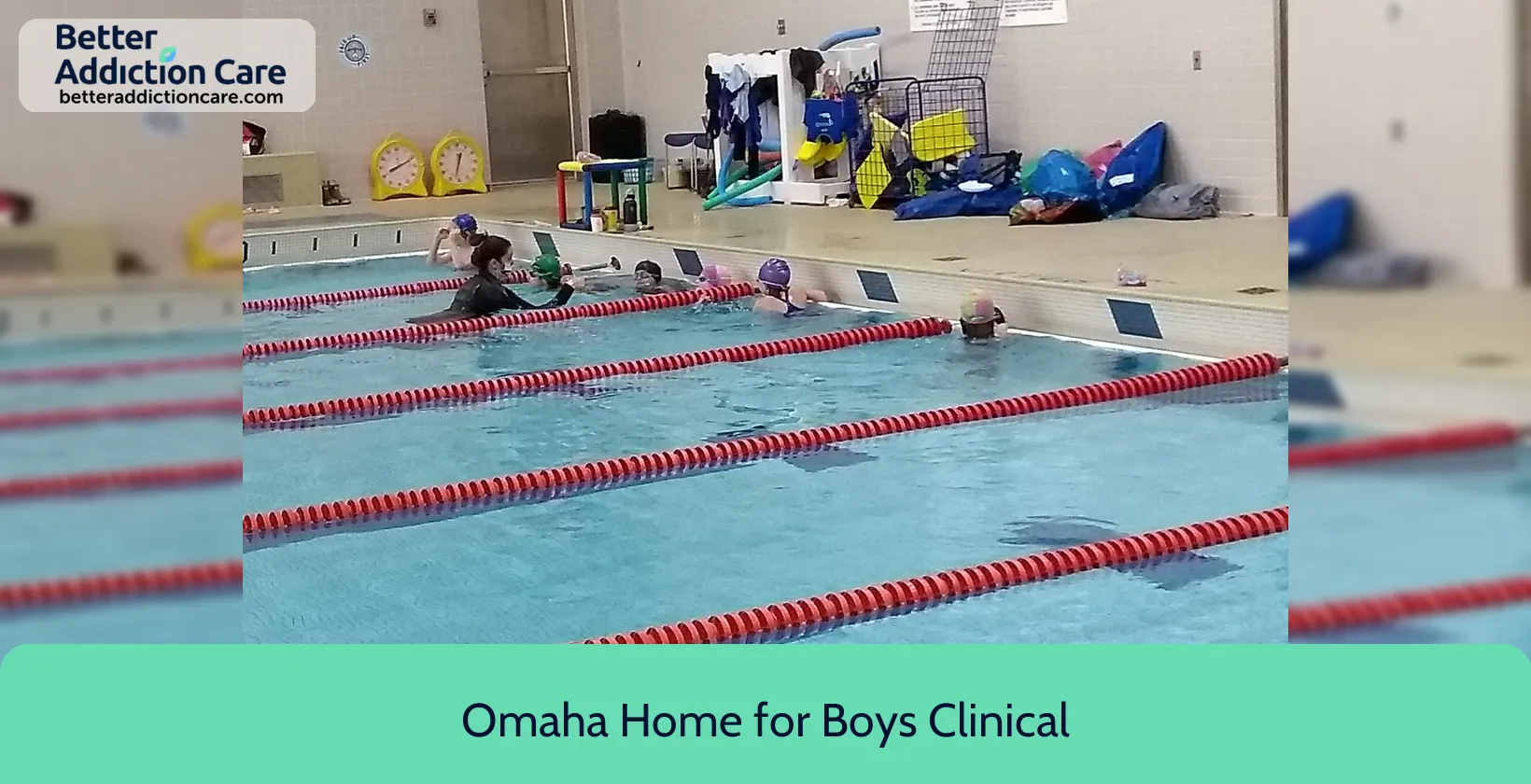
6.83
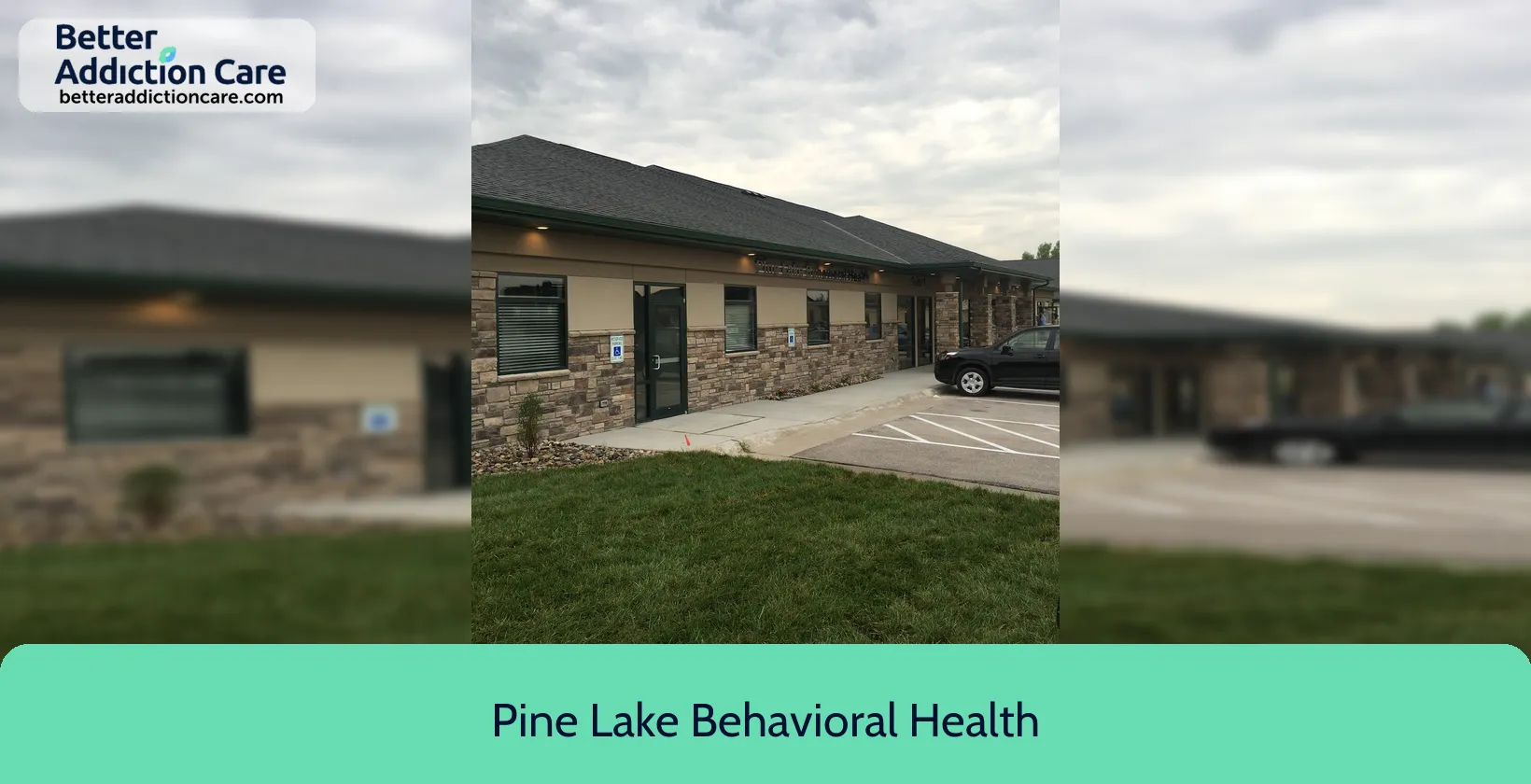
7.82
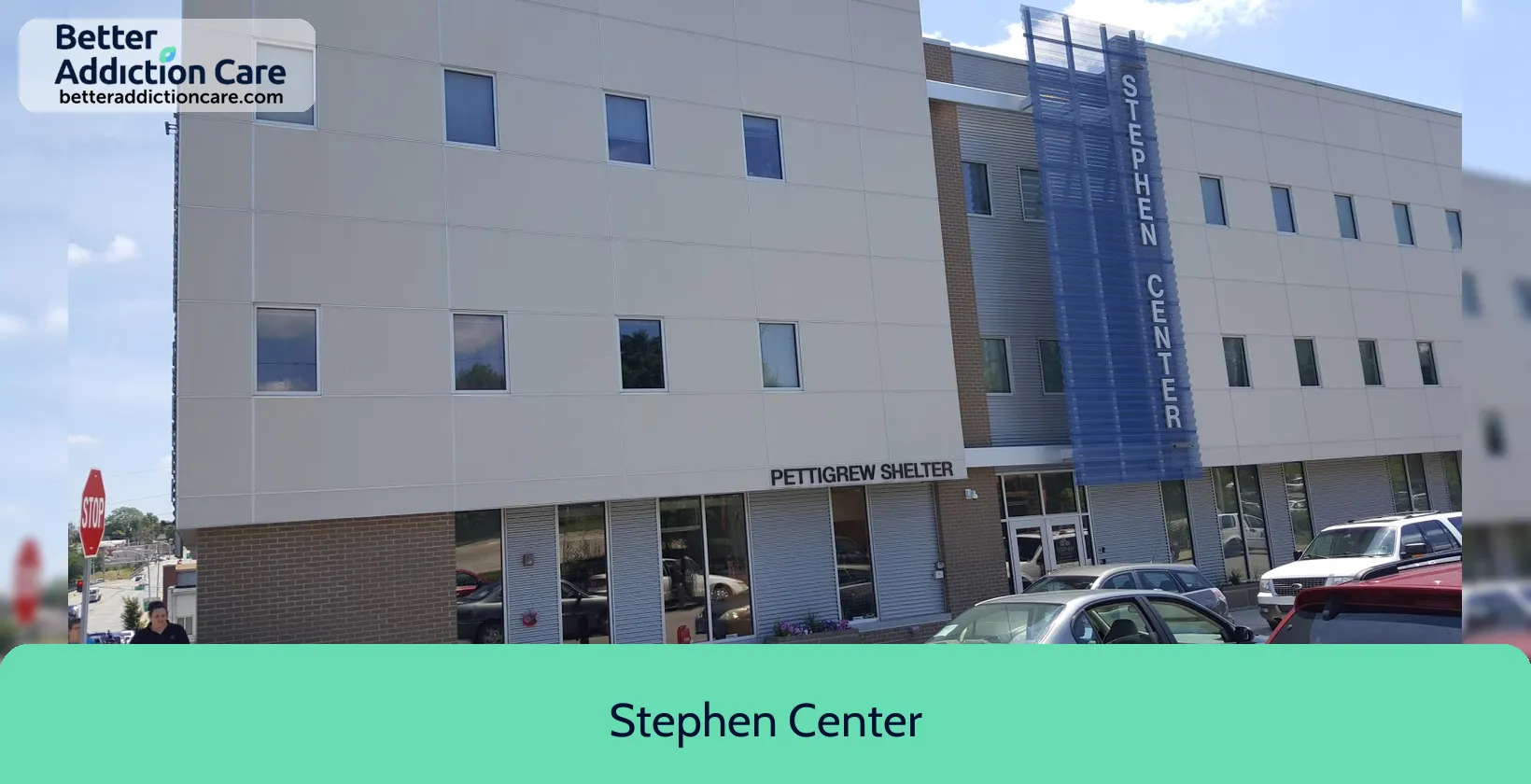
6.92
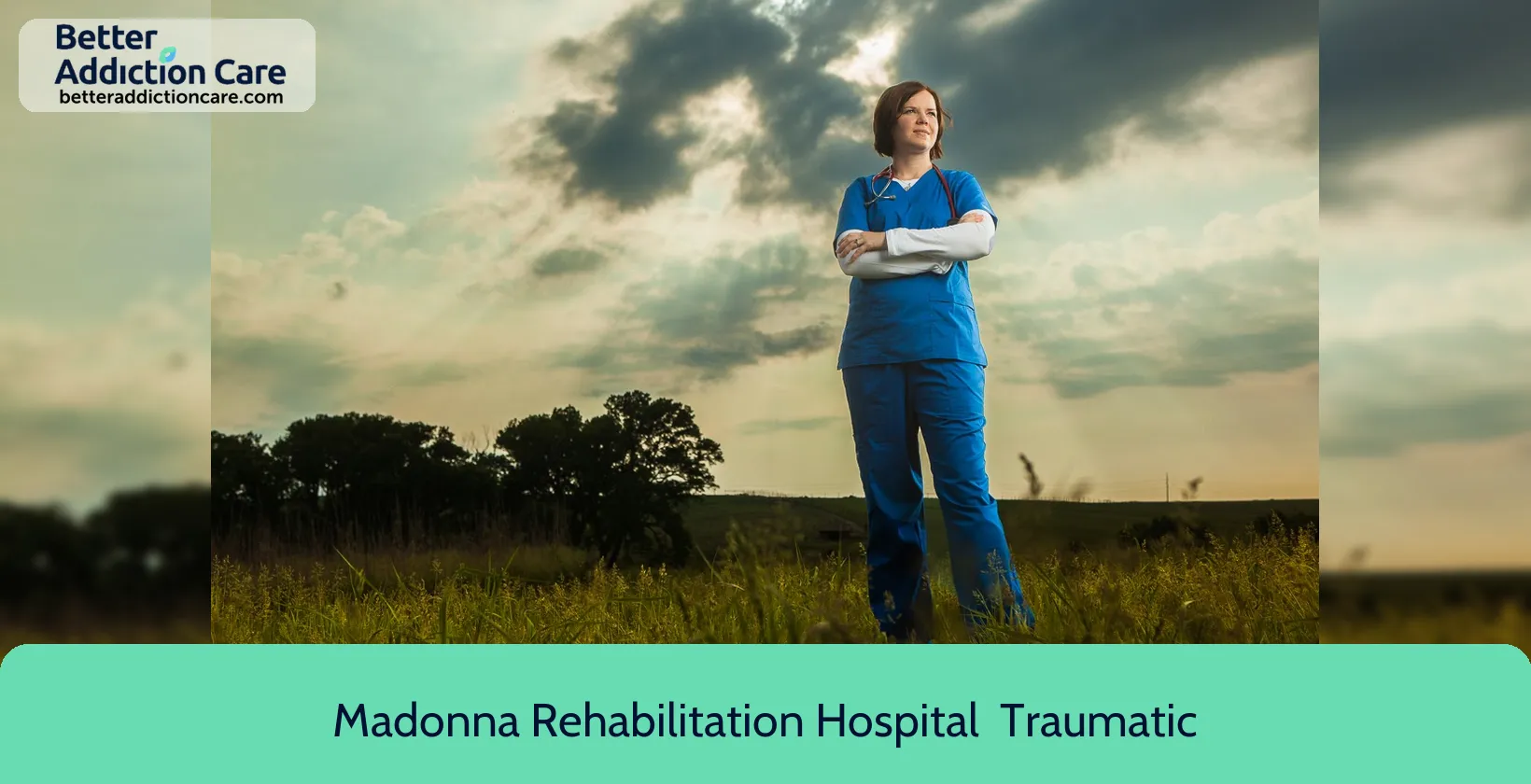
6.59
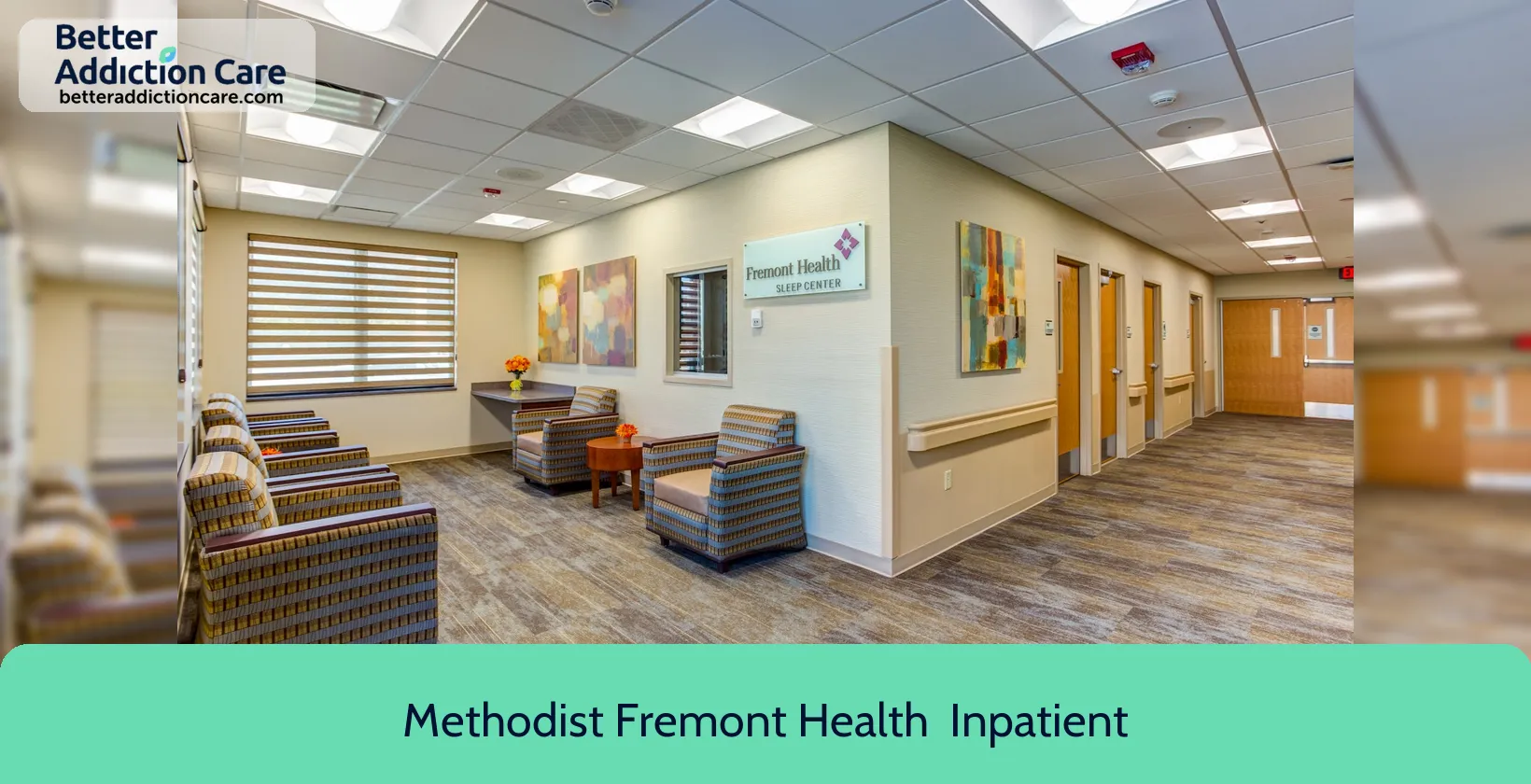
6.59
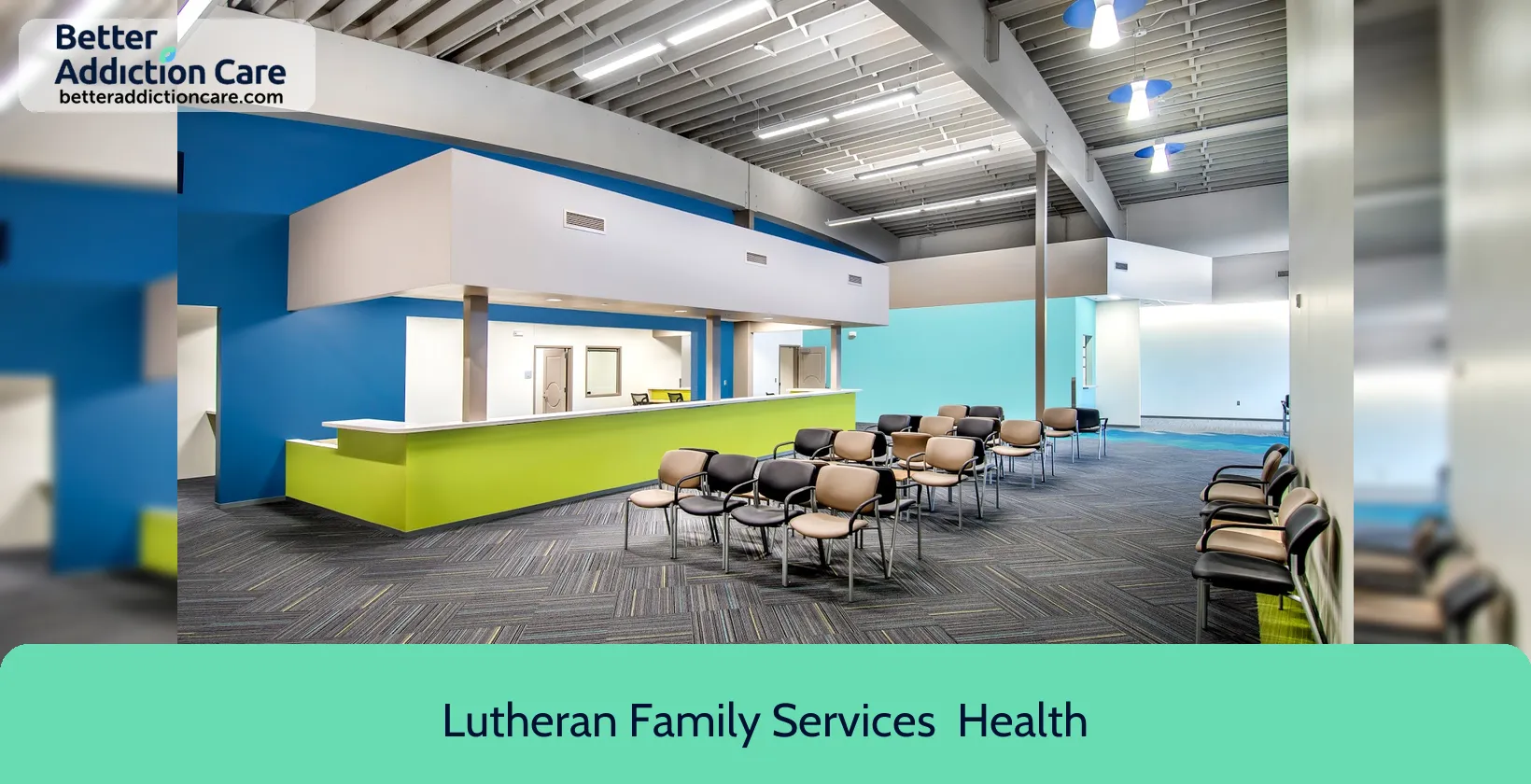
7.58

6.71
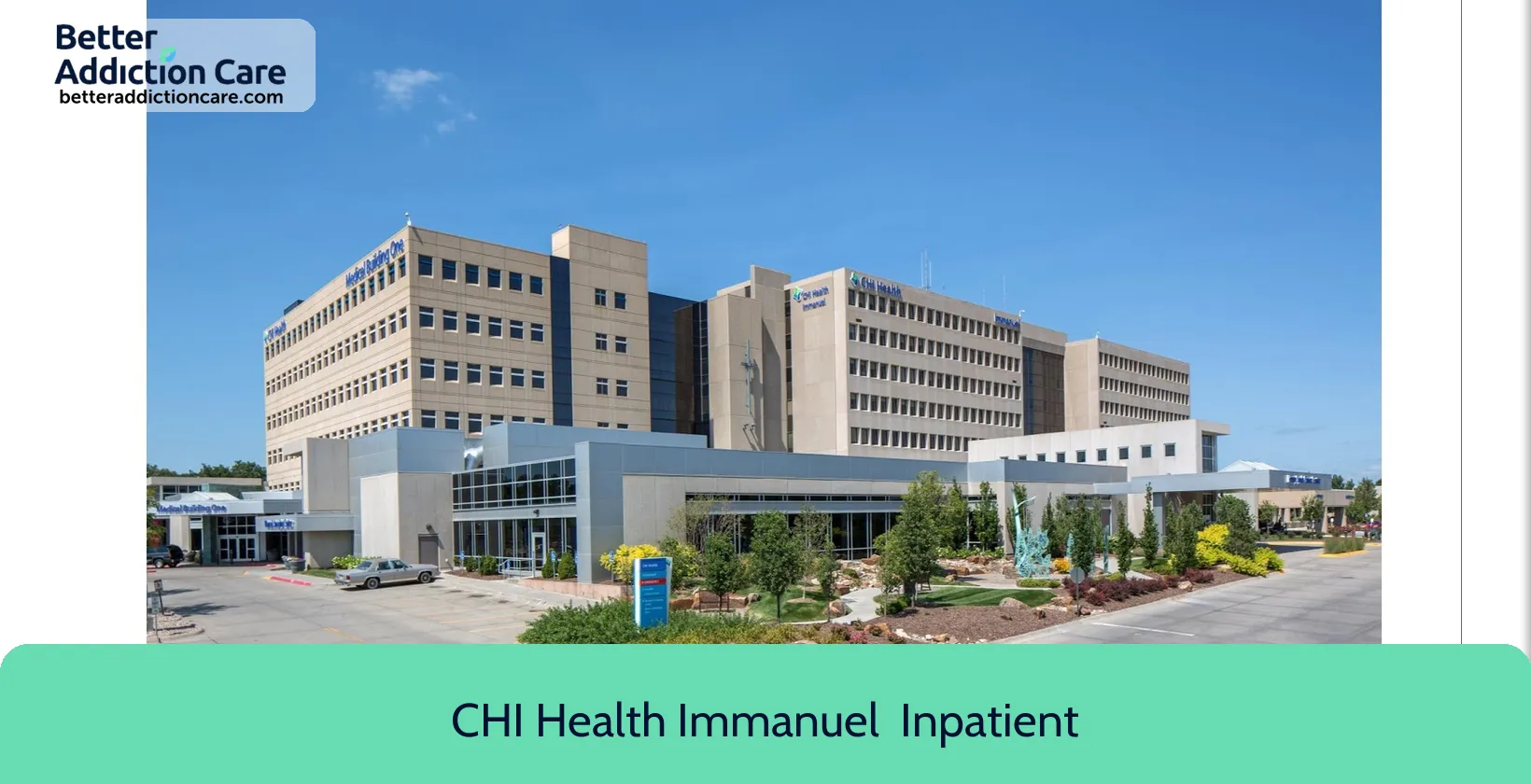
6.71
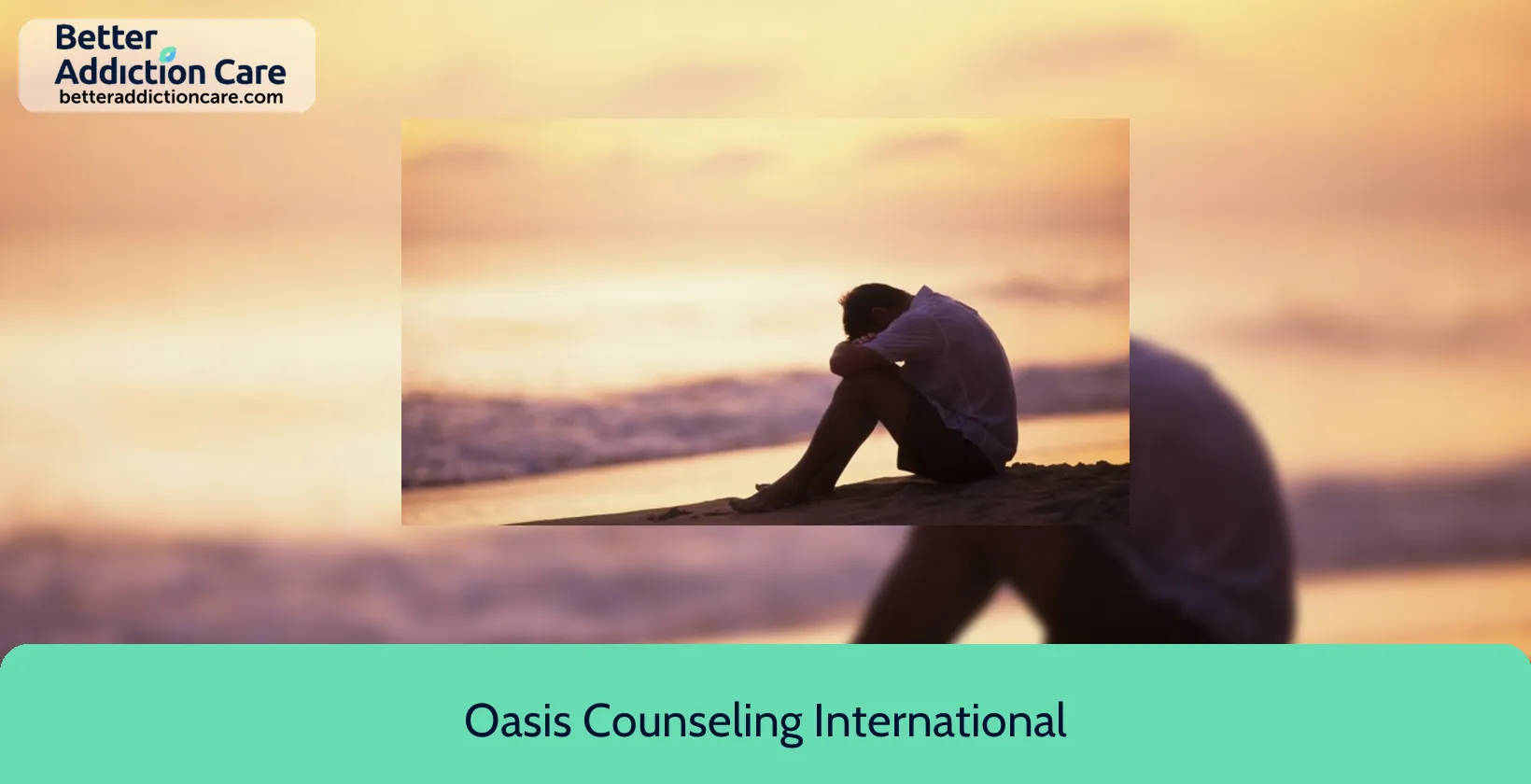
6.77
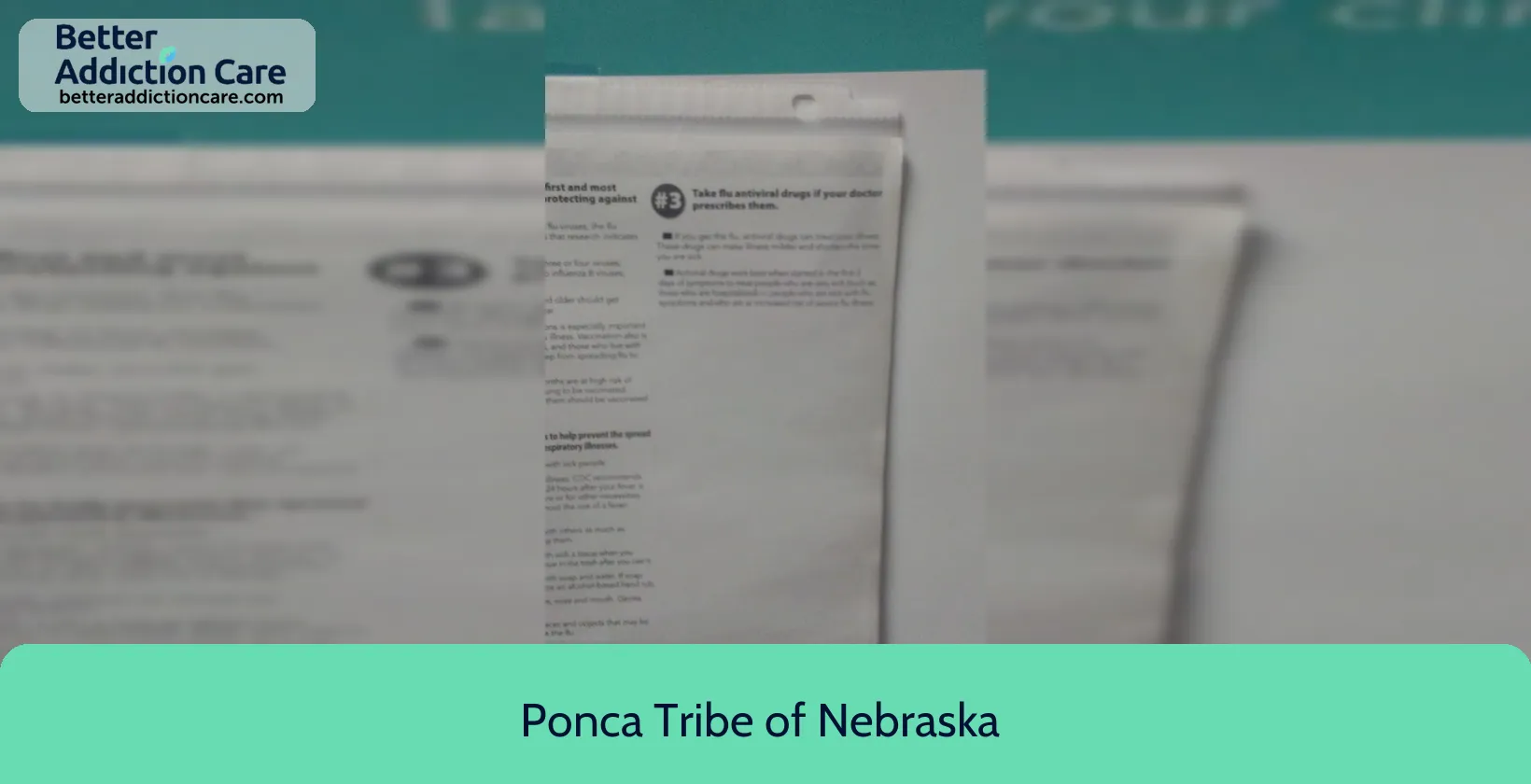
6.96
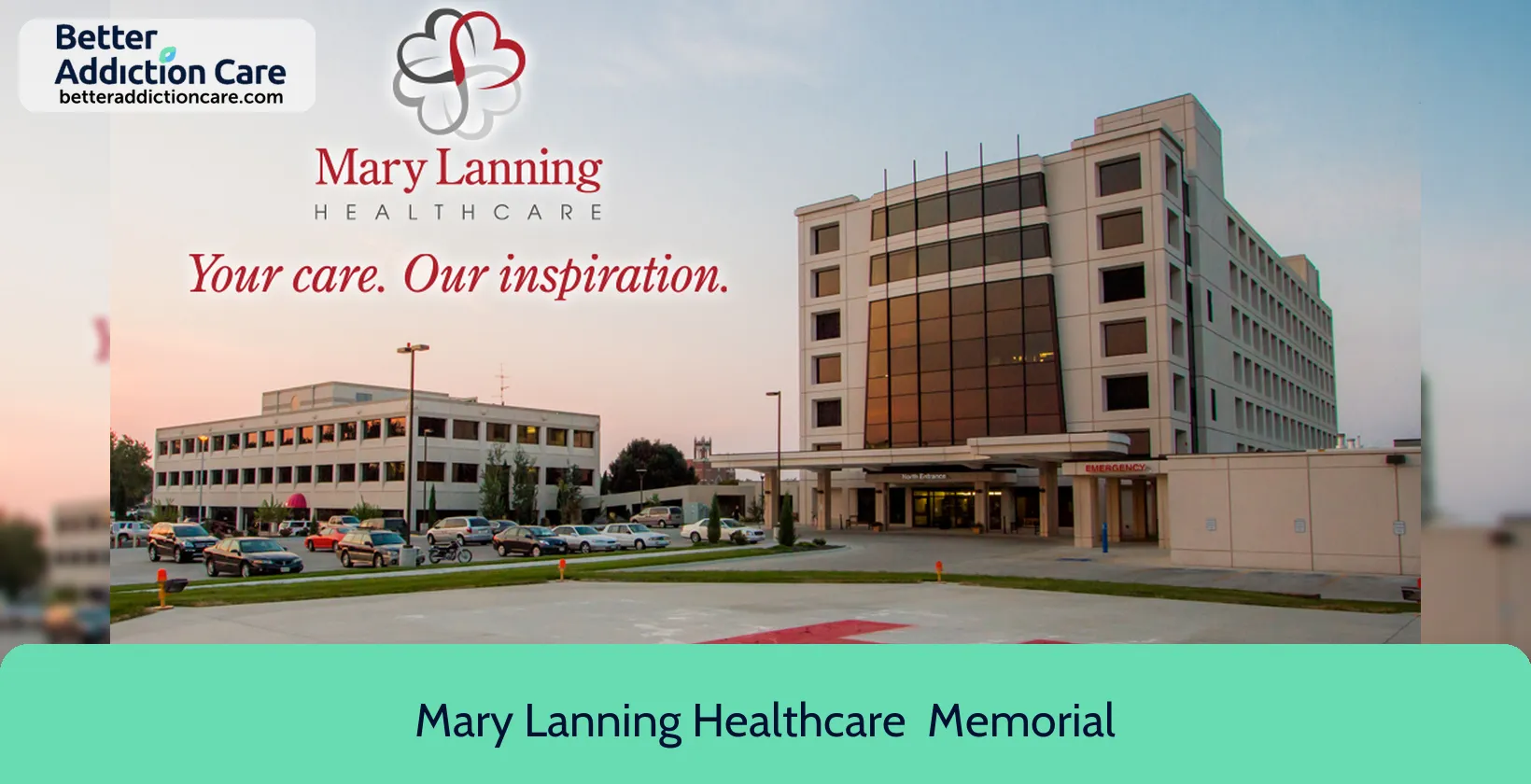
6.68
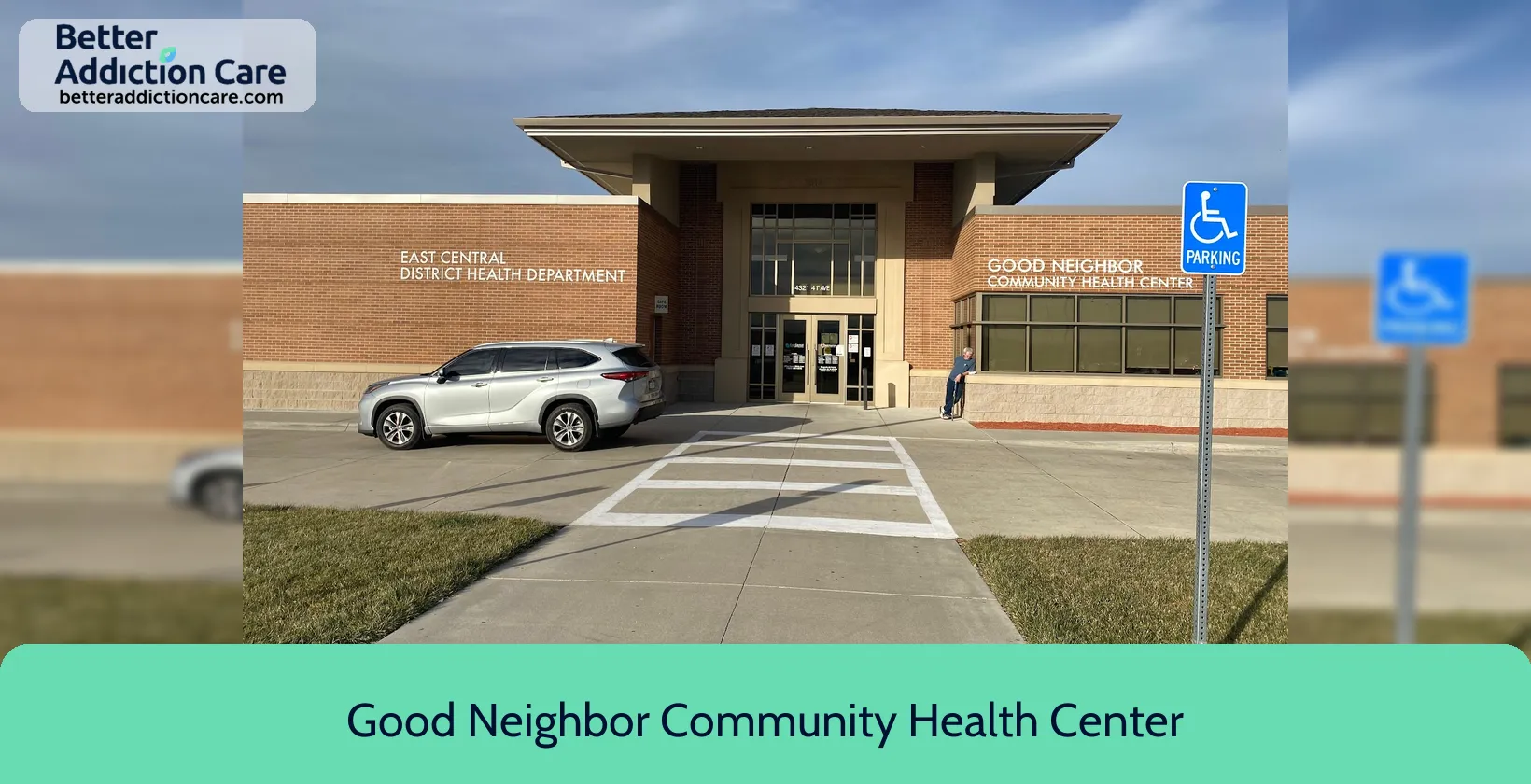
6.80
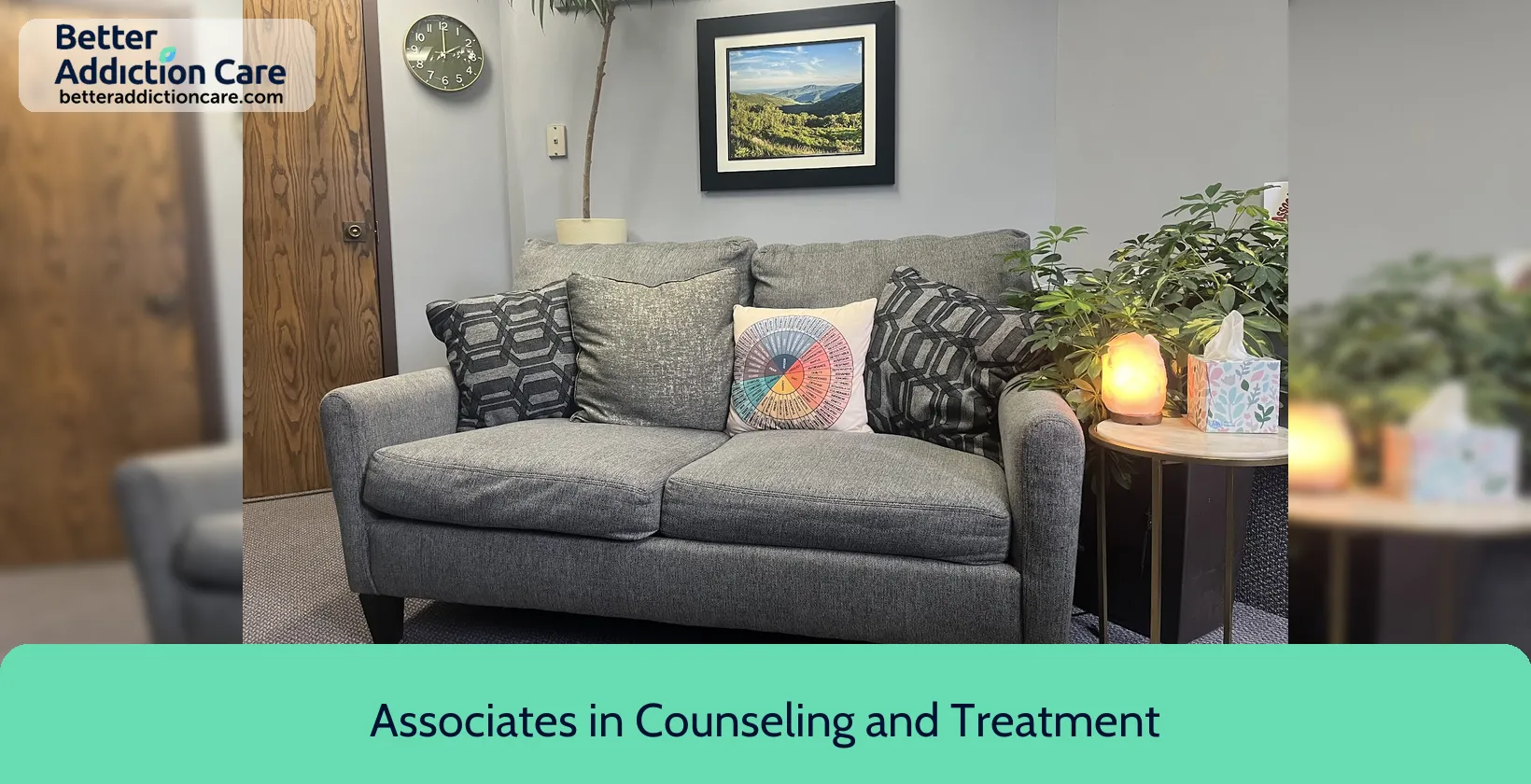
6.59
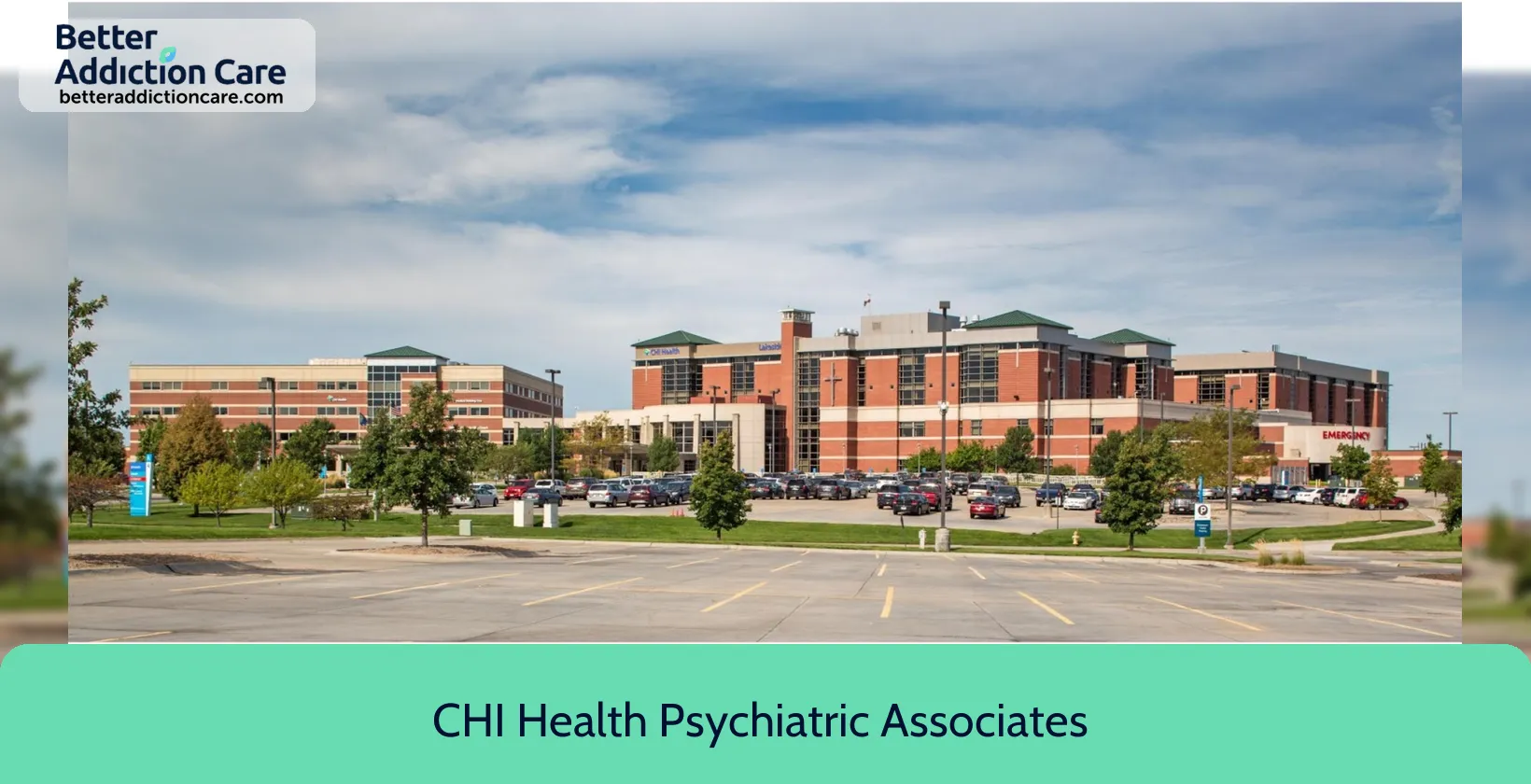
7.08
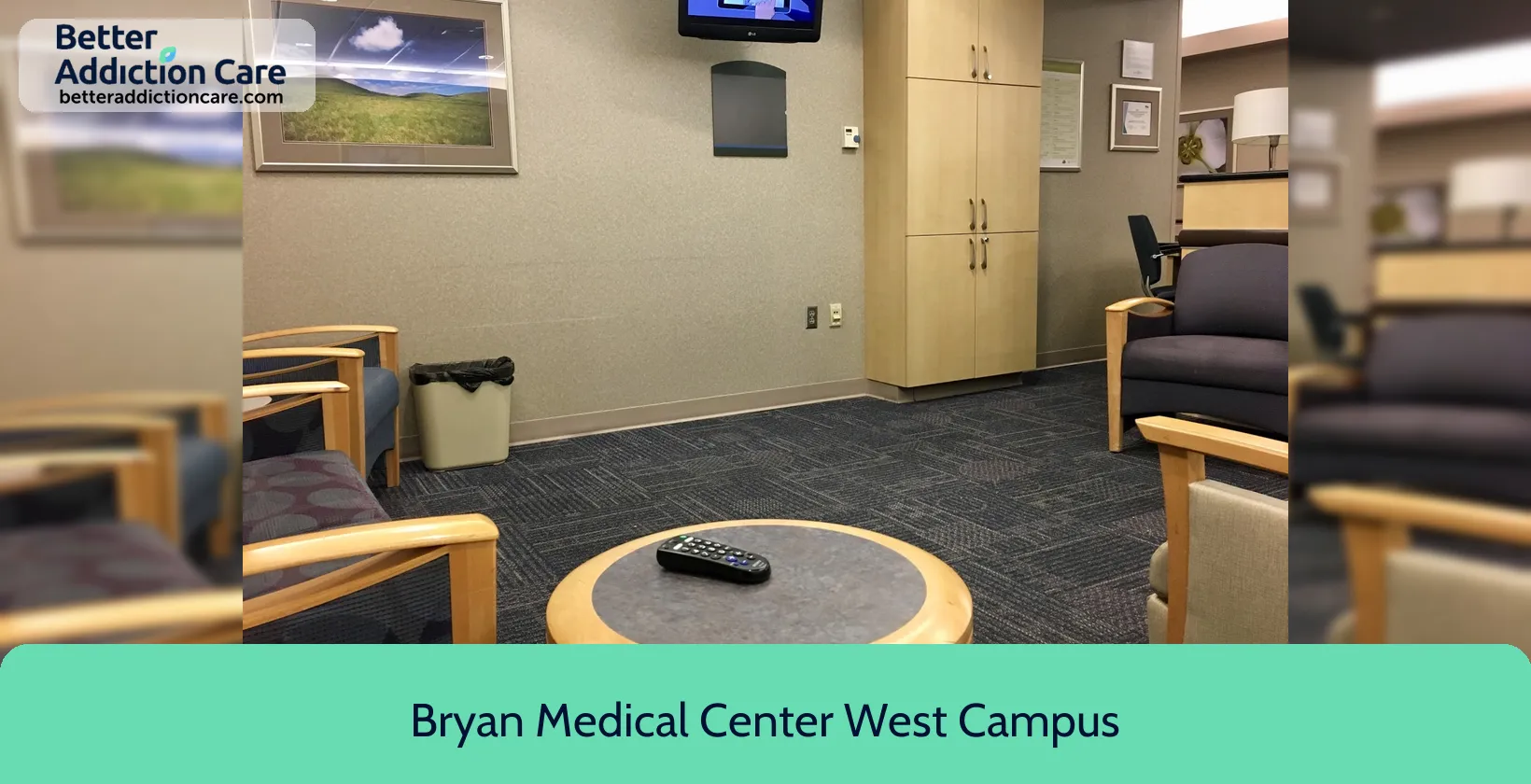
6.71
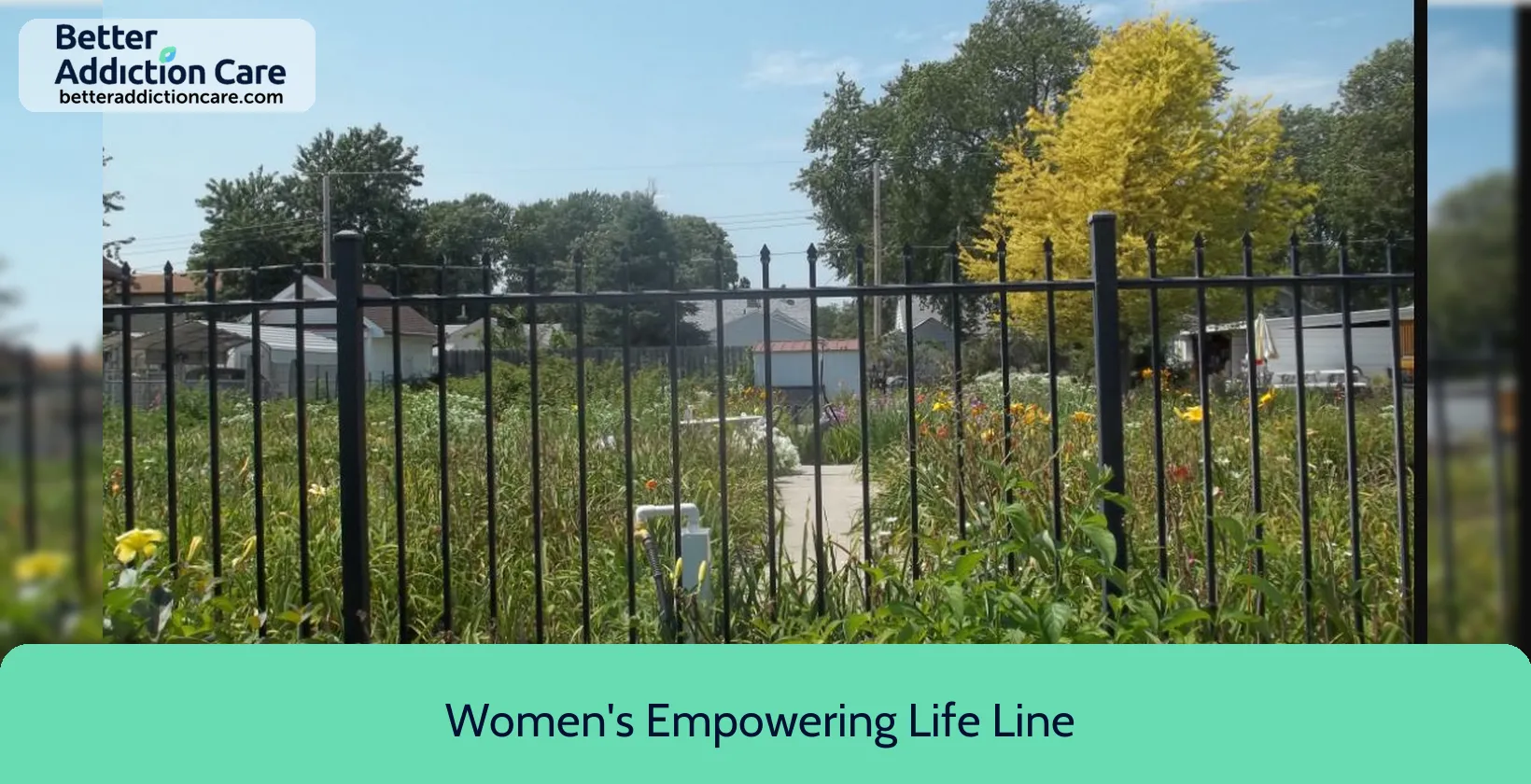
6.86
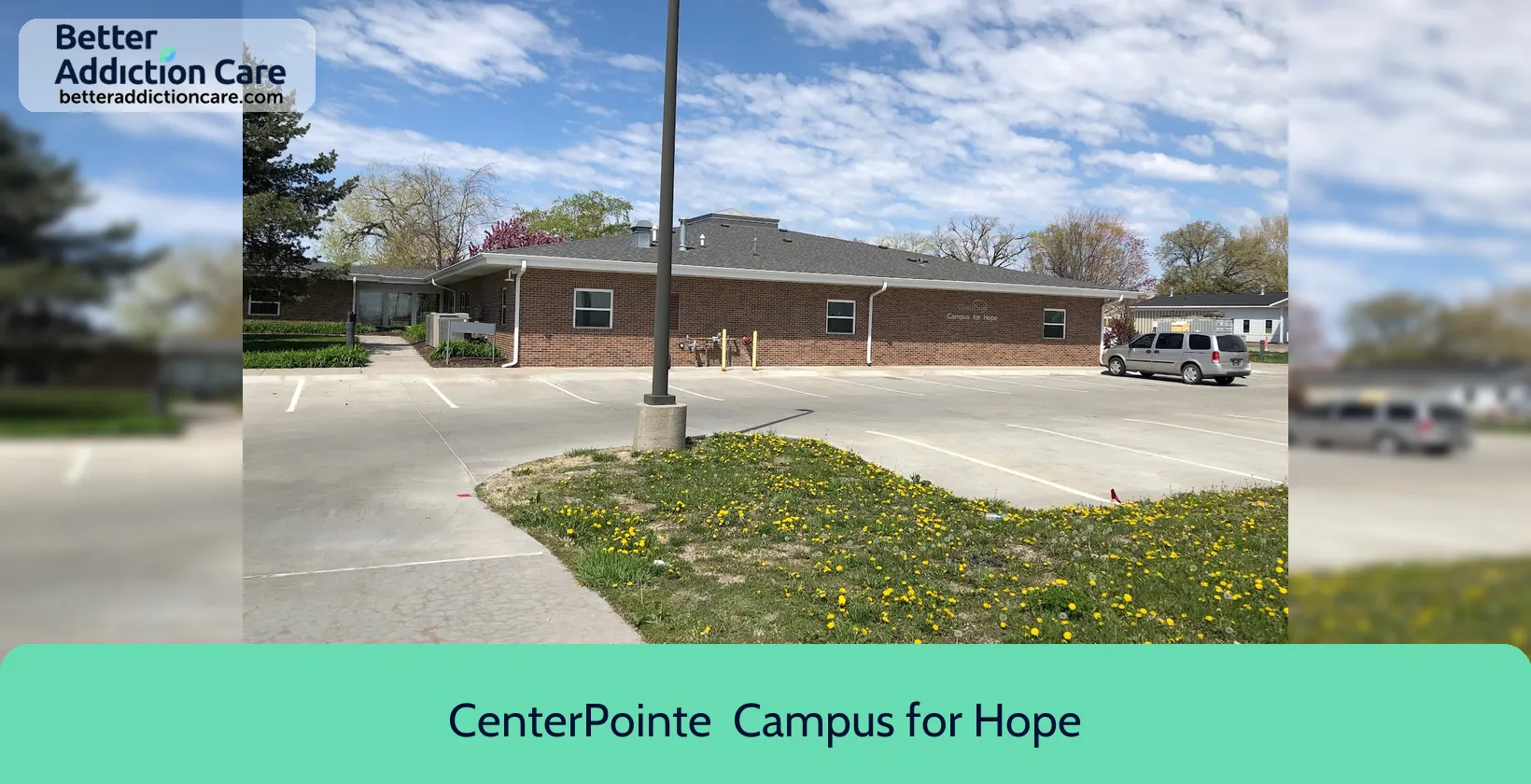
7.41
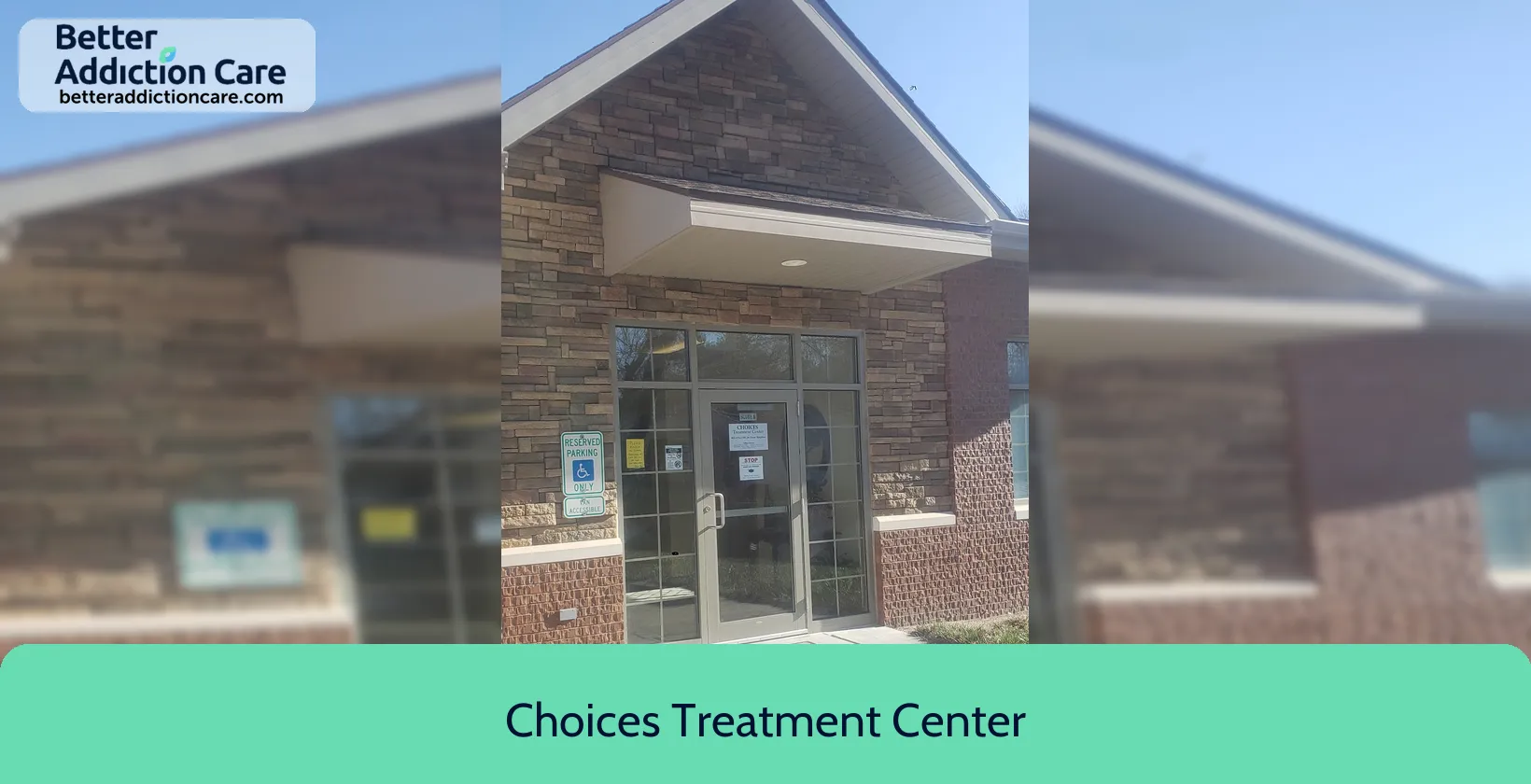
6.86

6.74

7.26
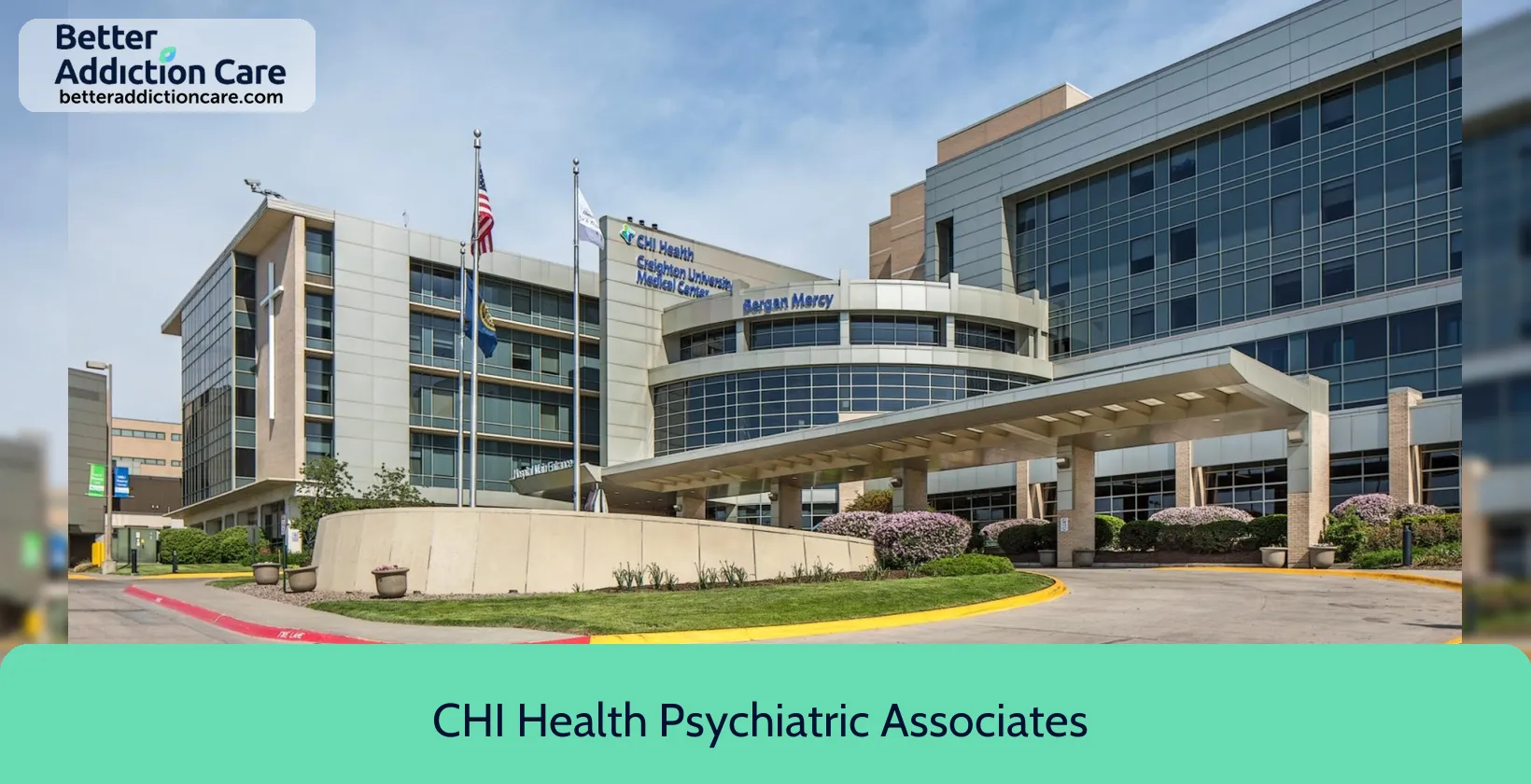
6.62
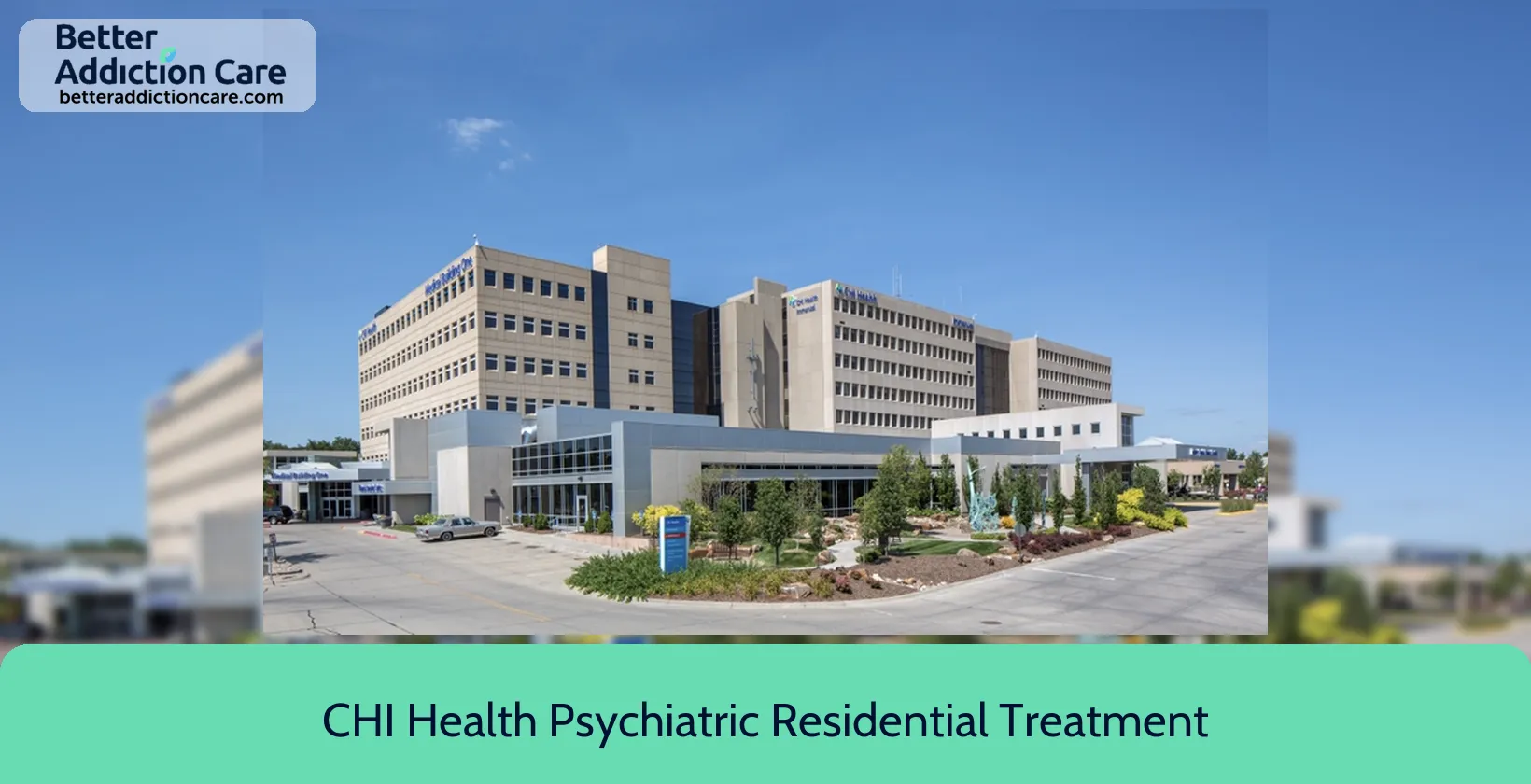
6.68
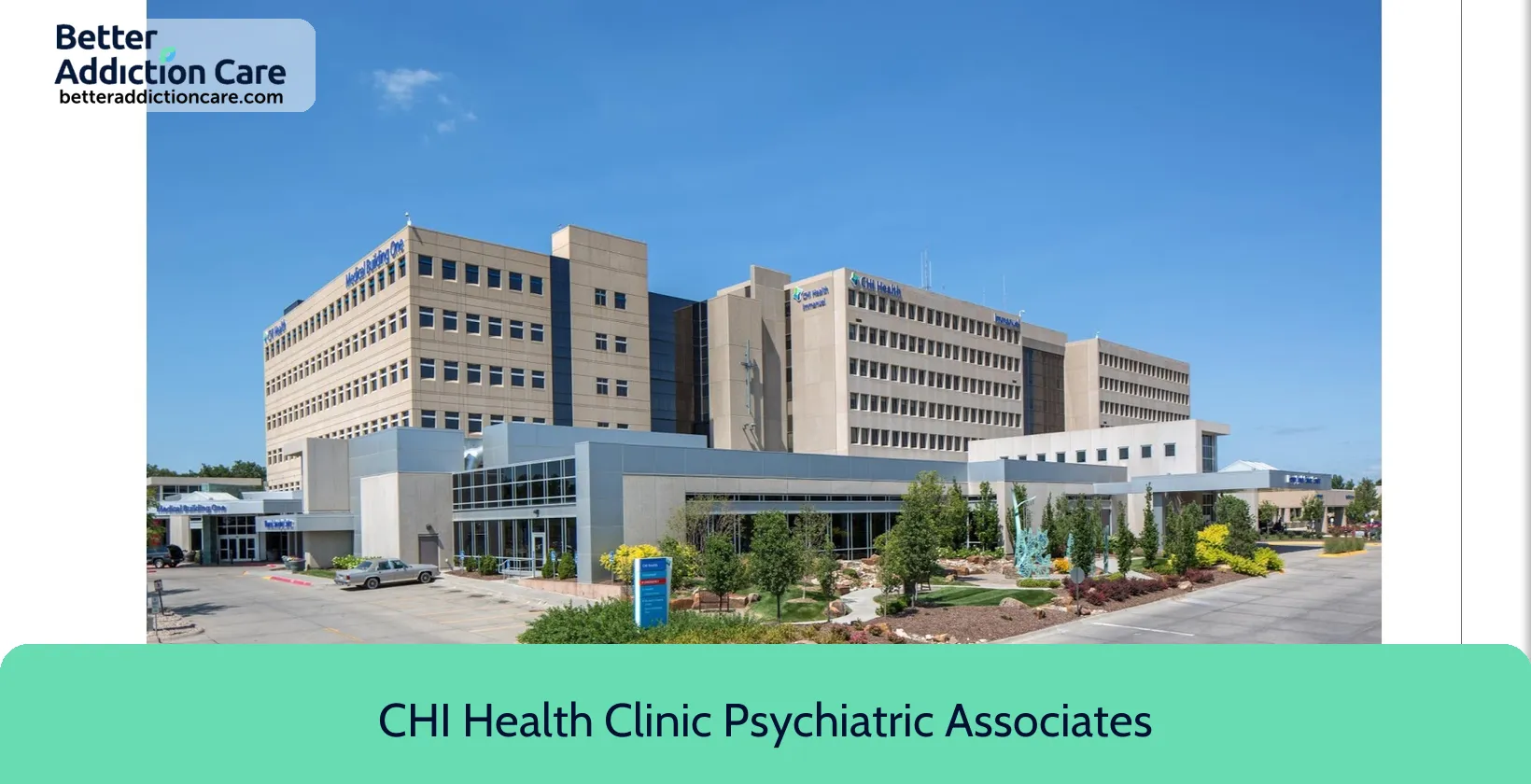
6.99

6.65

7.28
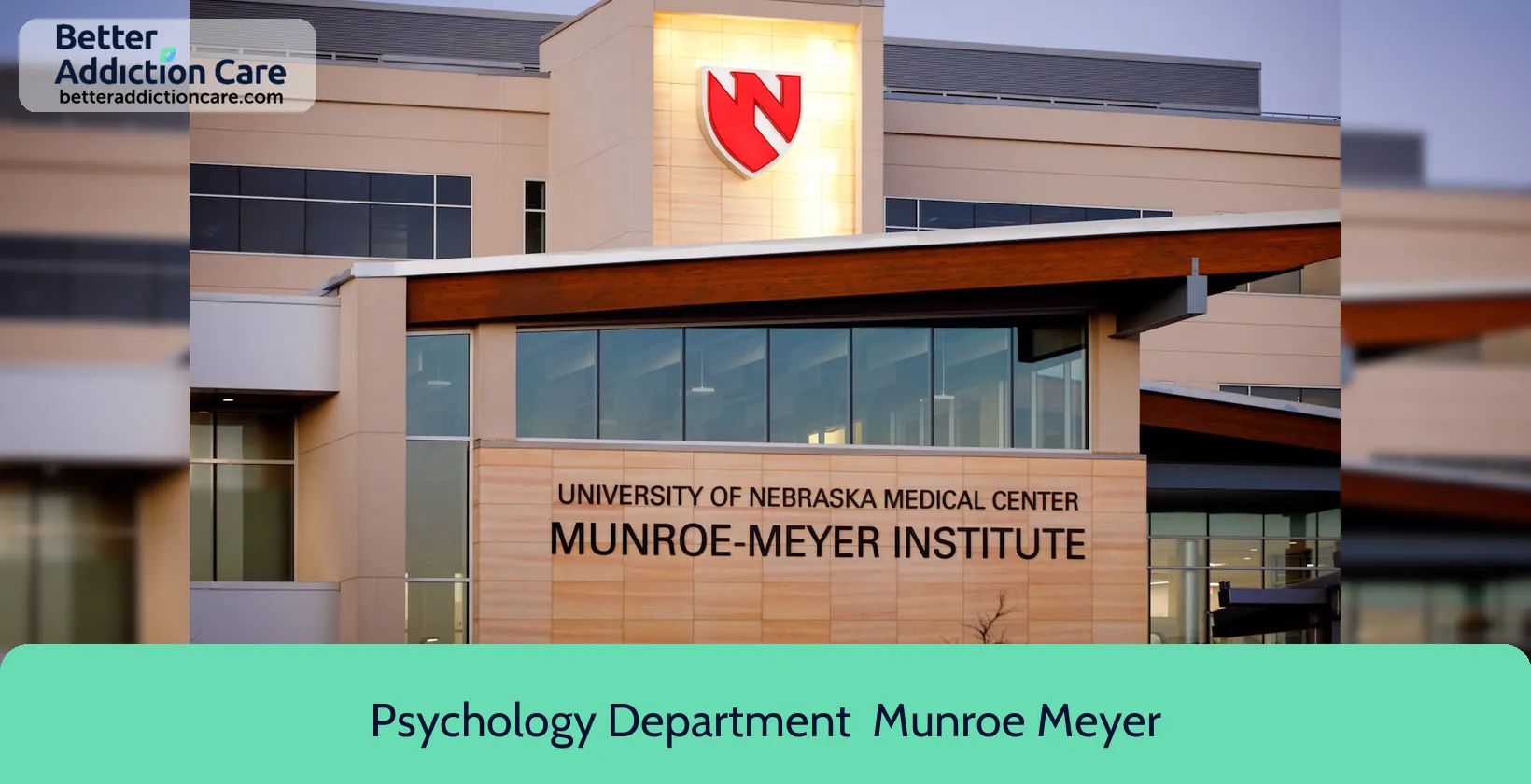
6.62
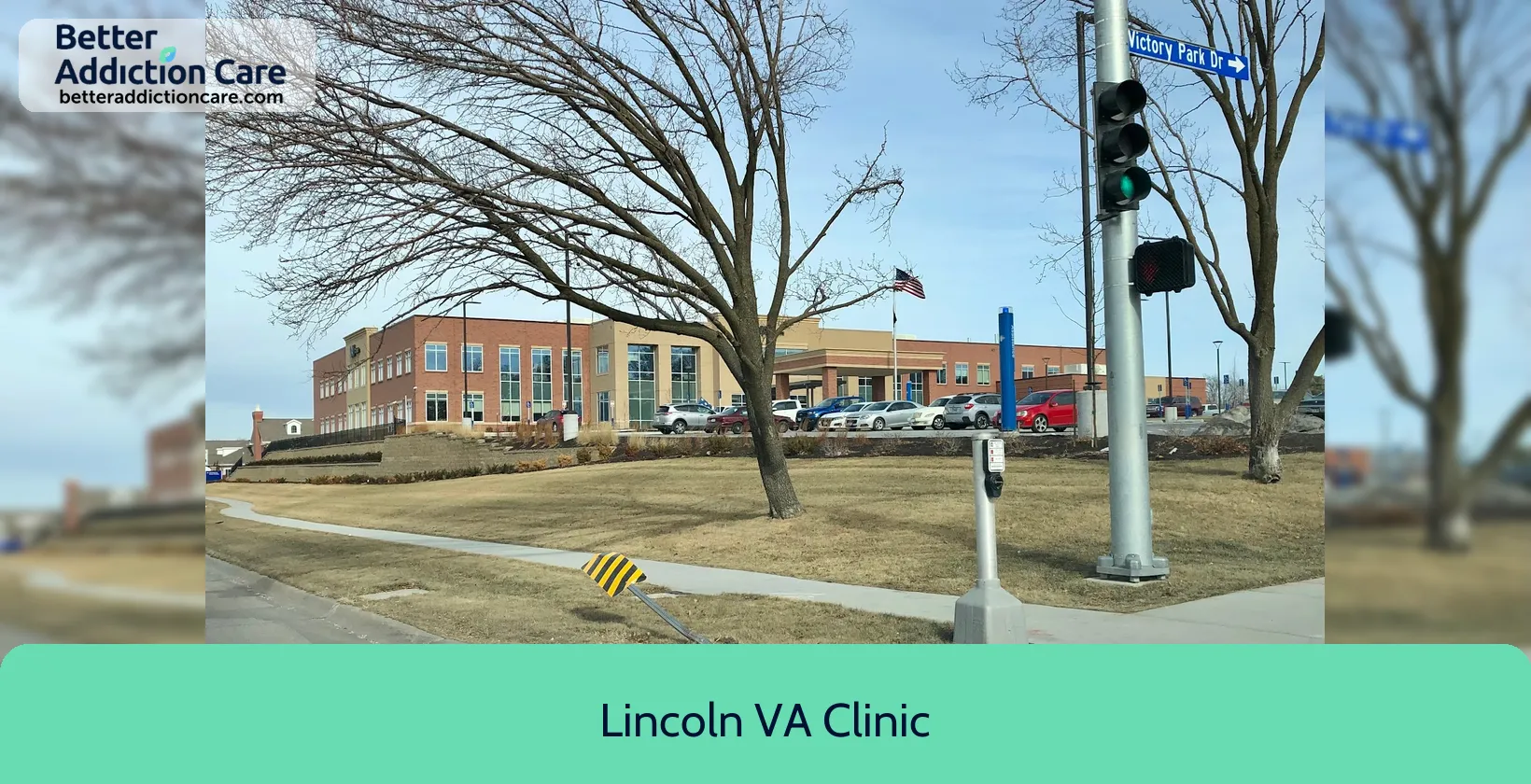
7.58
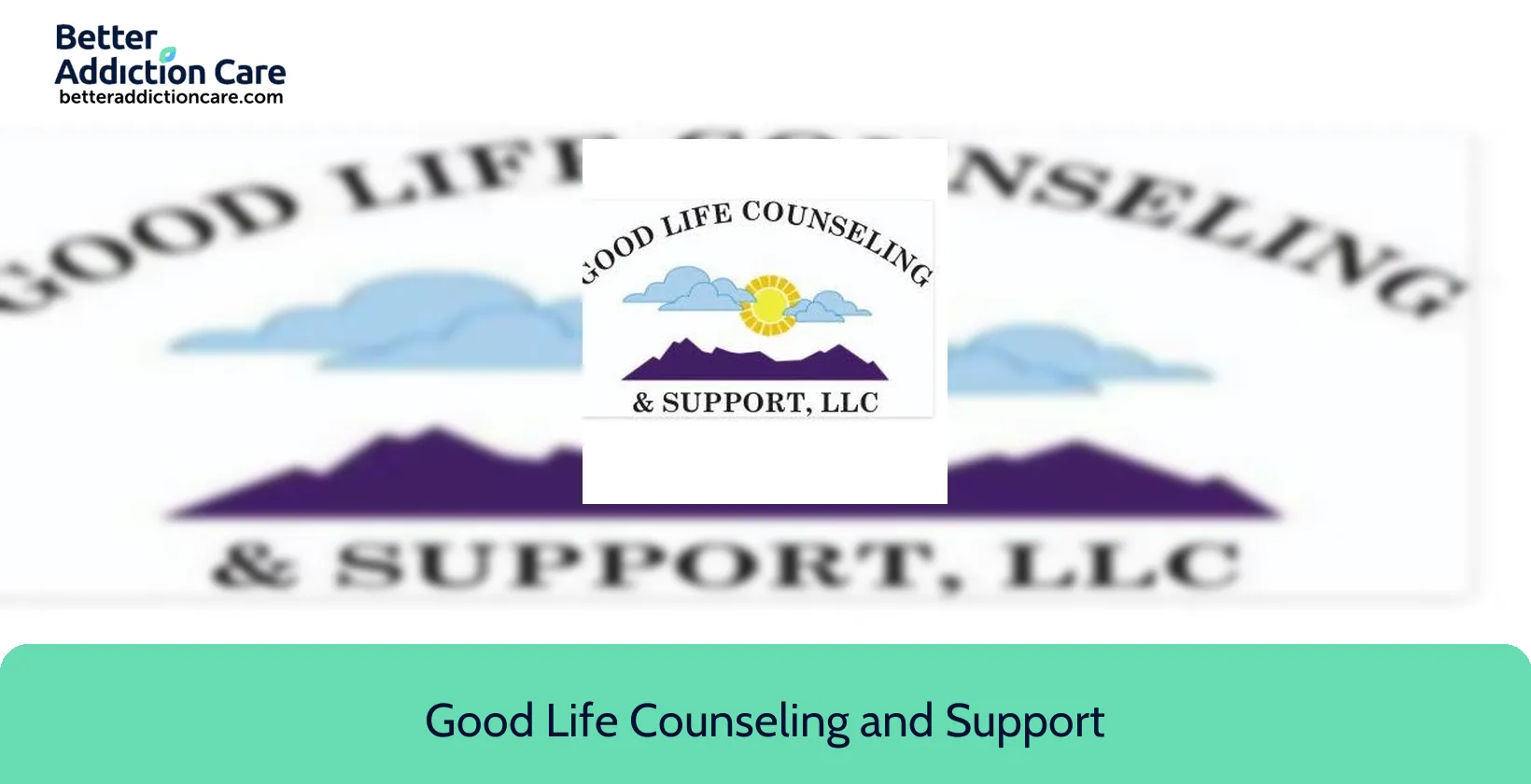
7.02
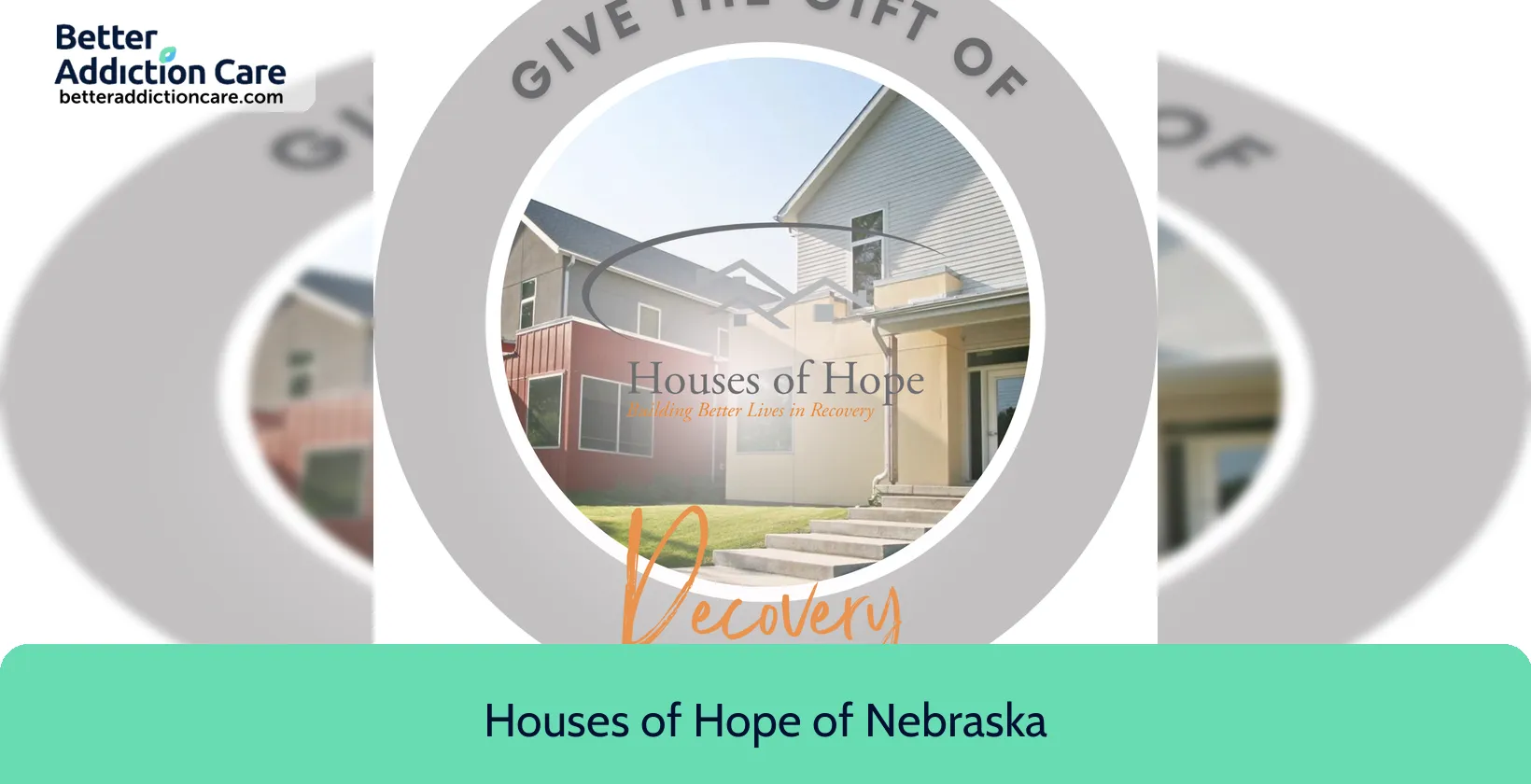
6.77
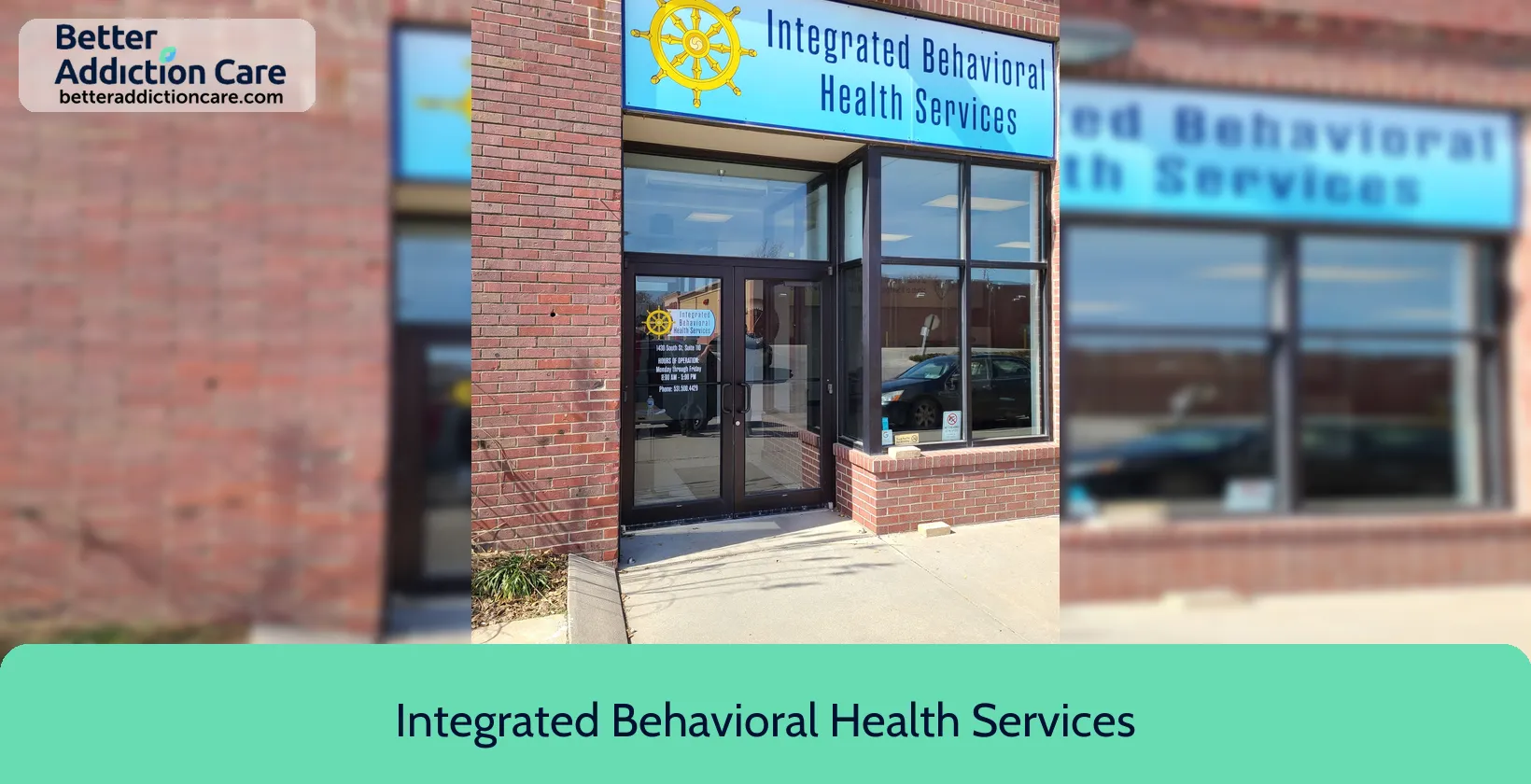
6.59
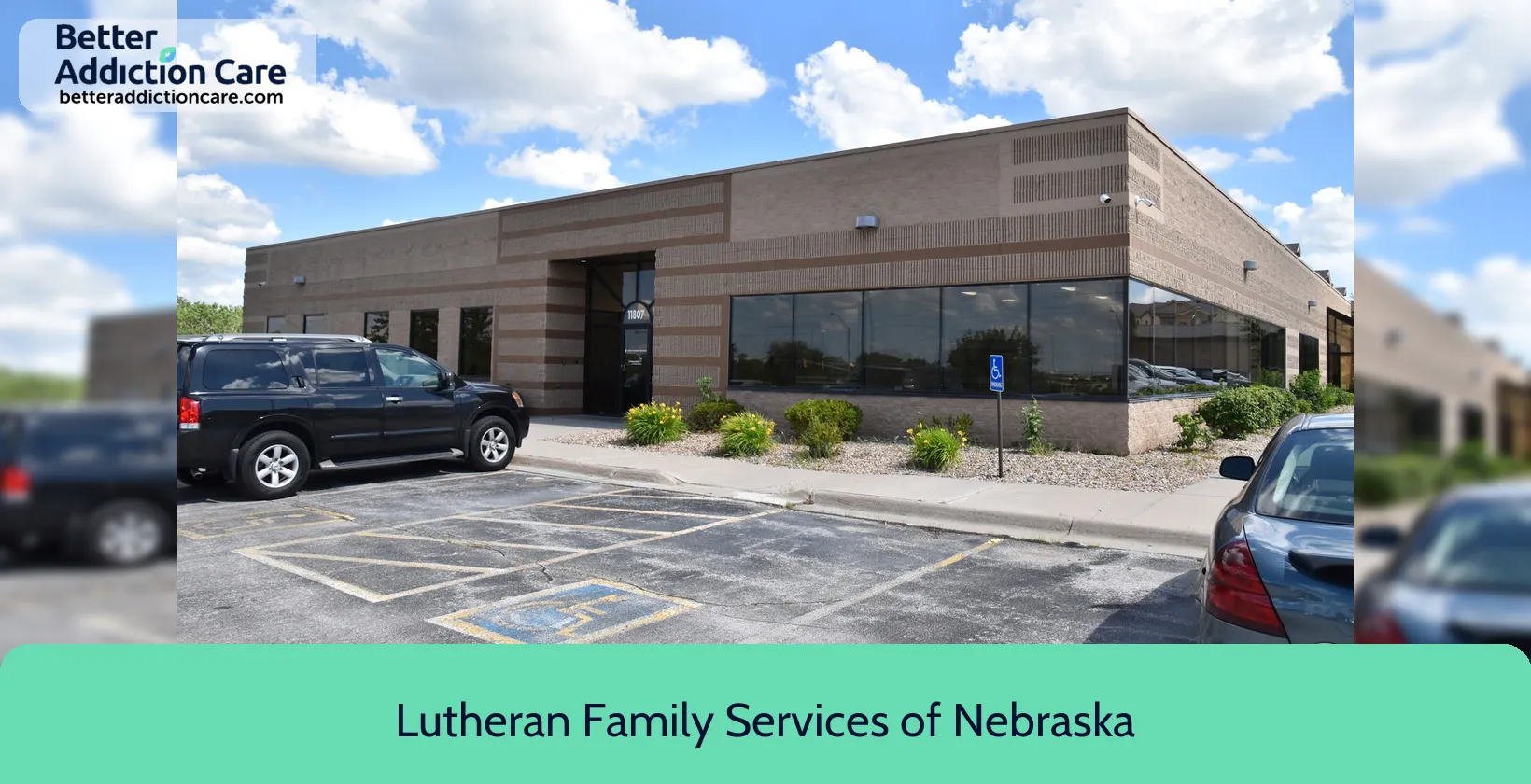
6.56
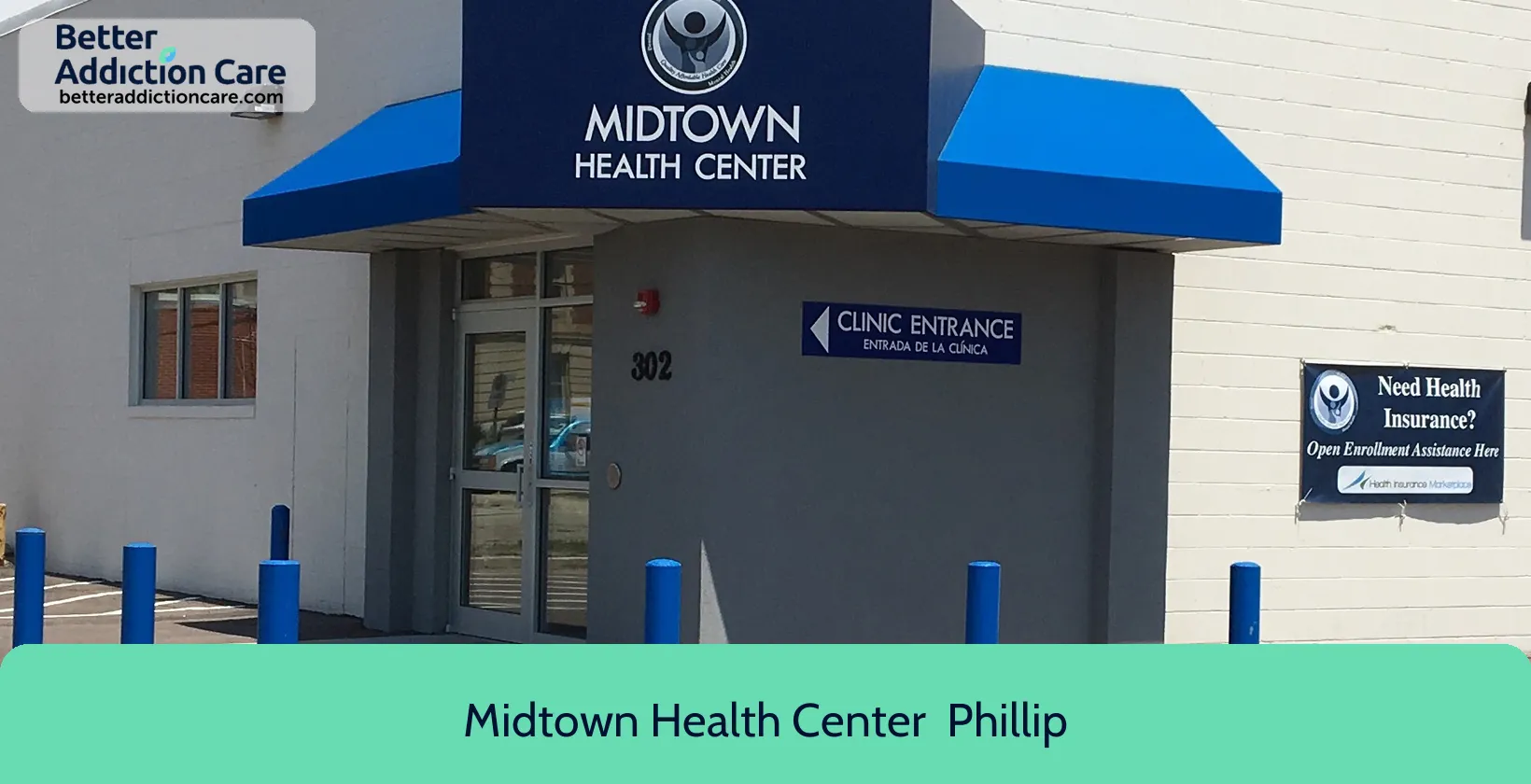
6.65
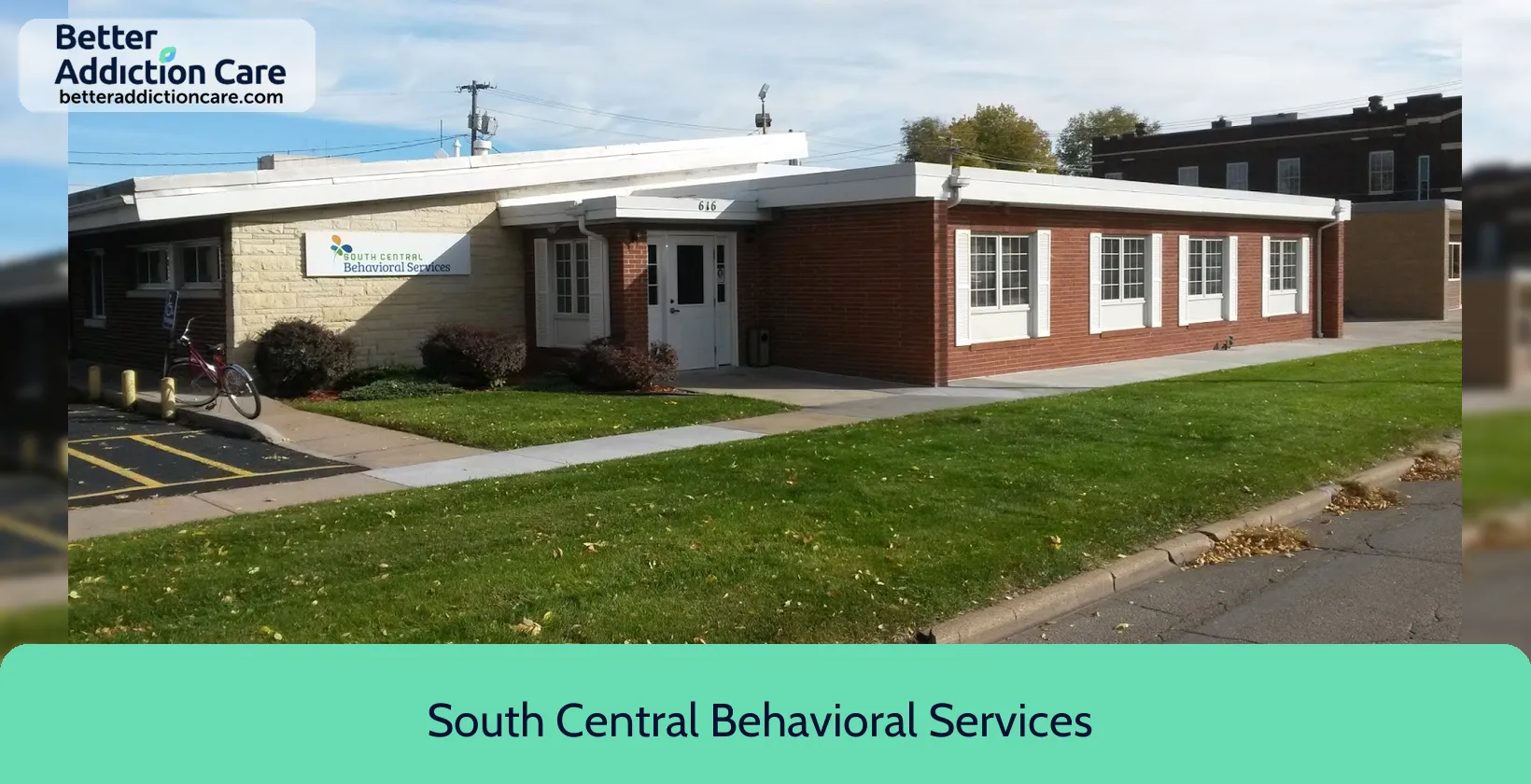
7.11
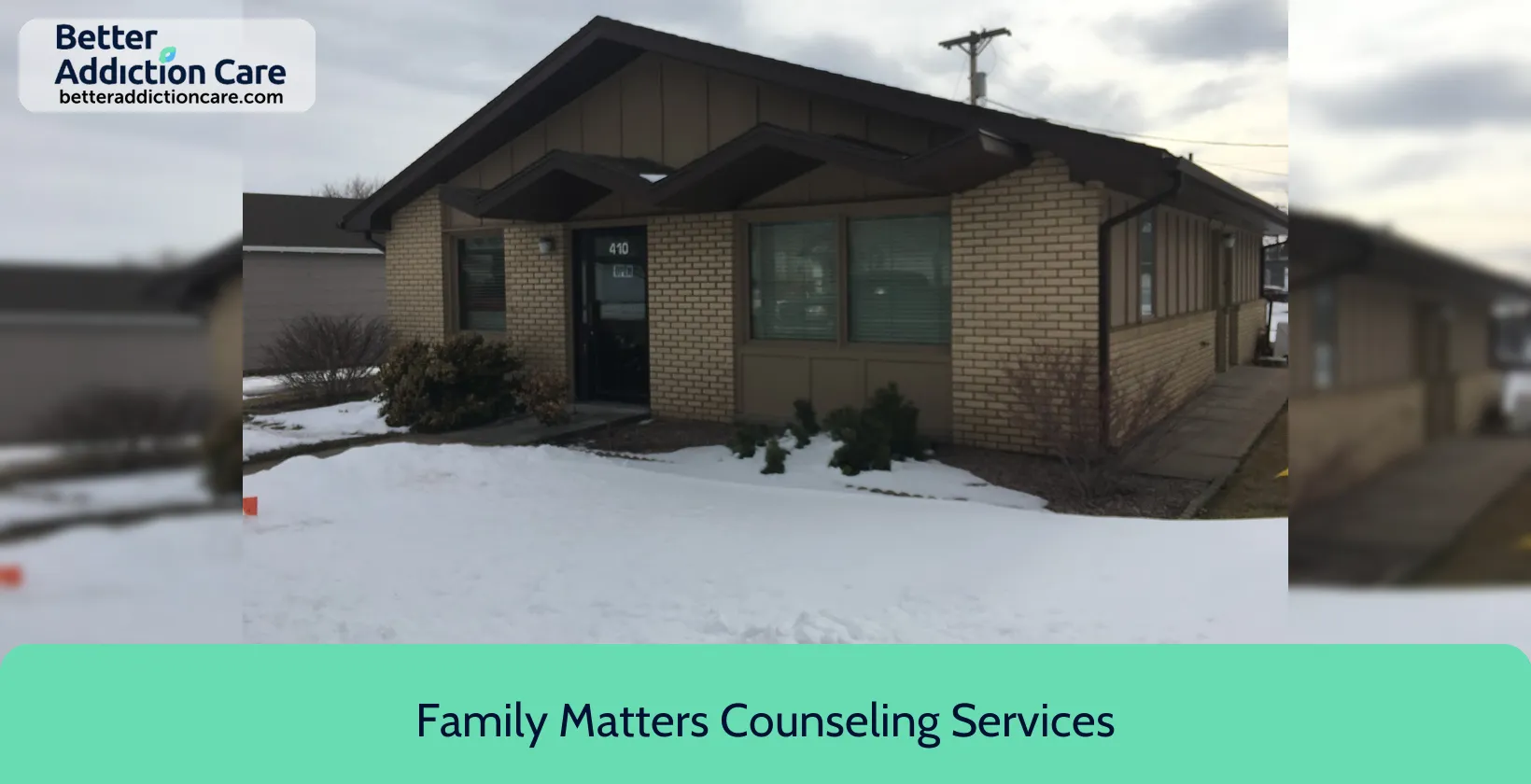
6.86
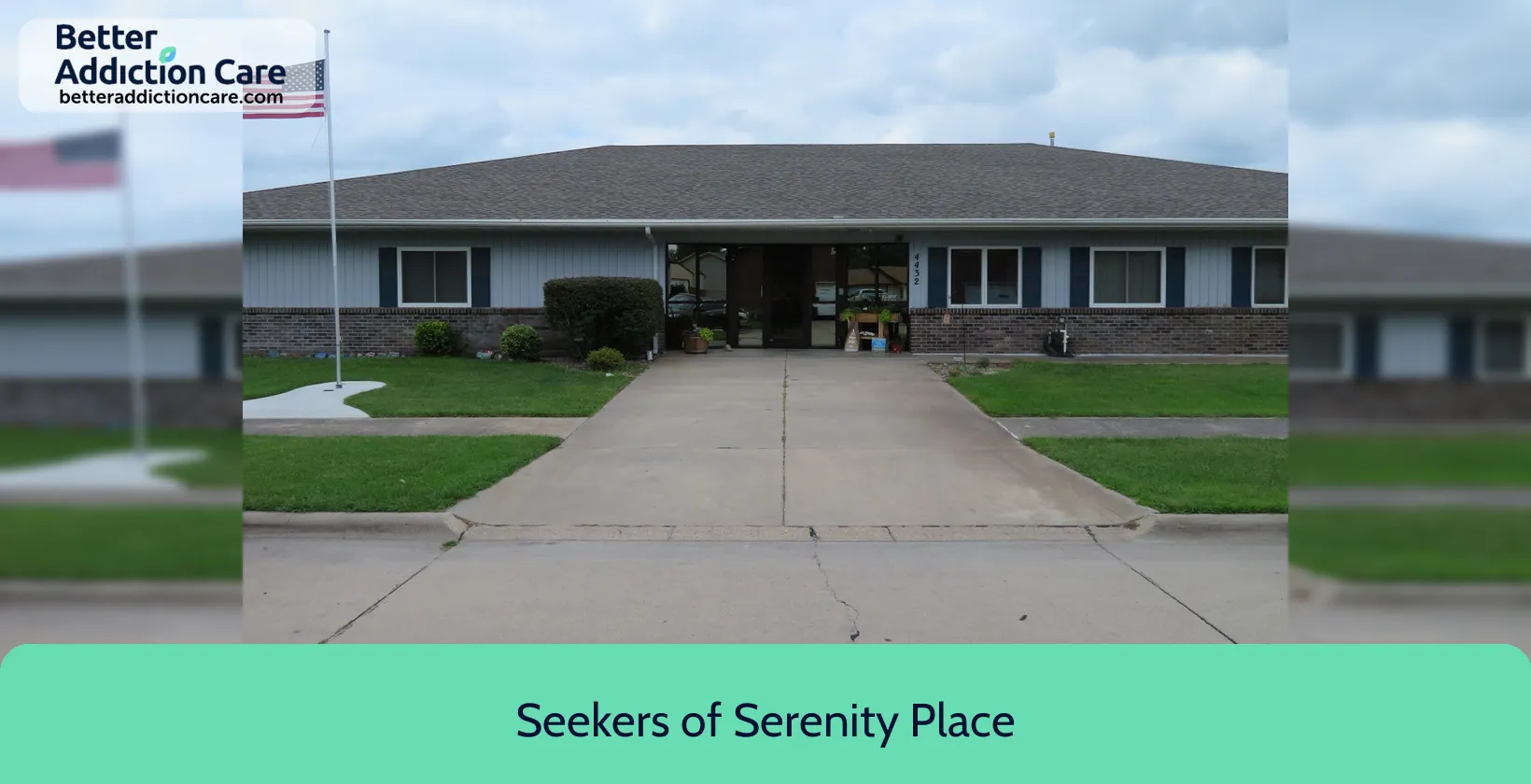
6.96
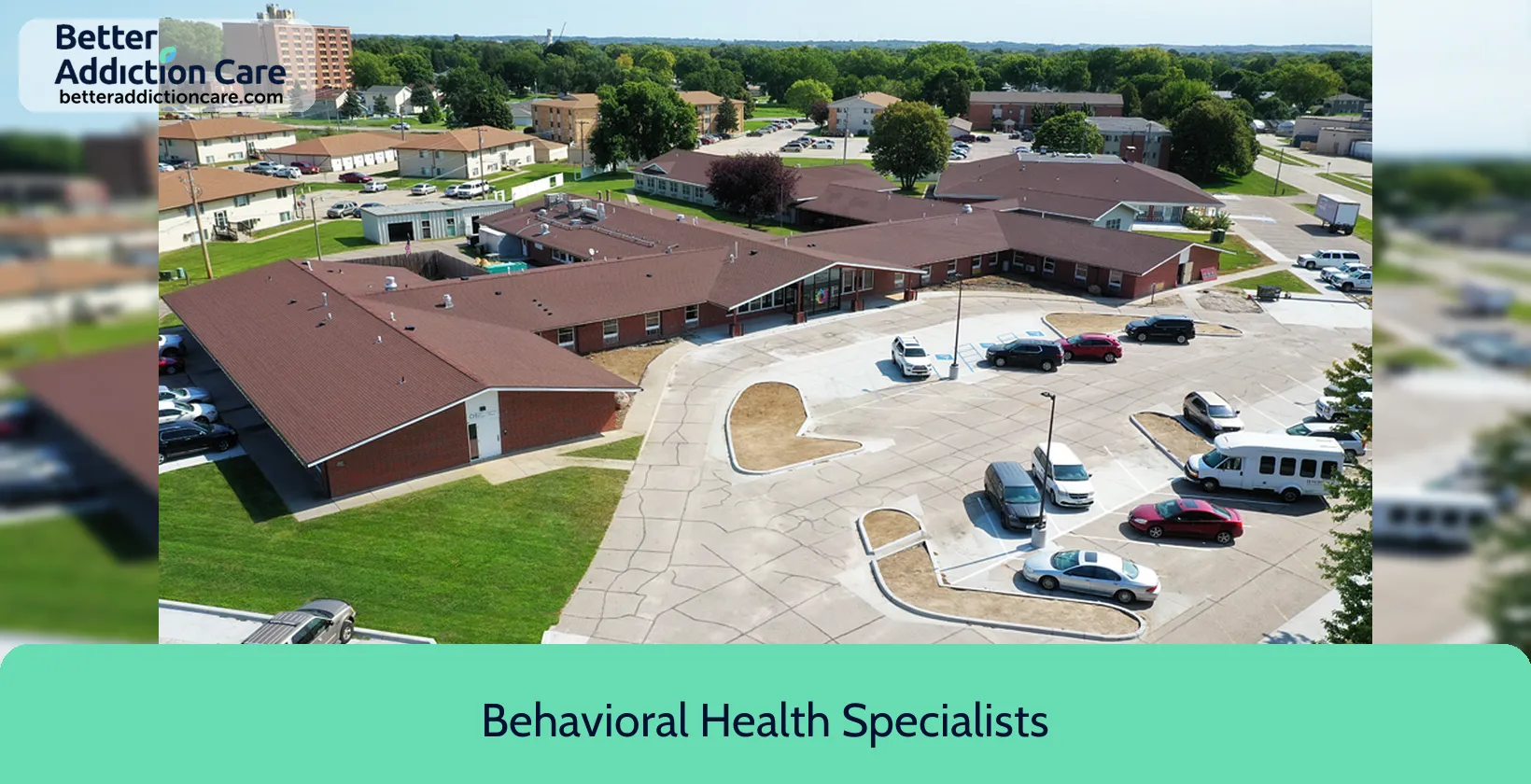
6.96
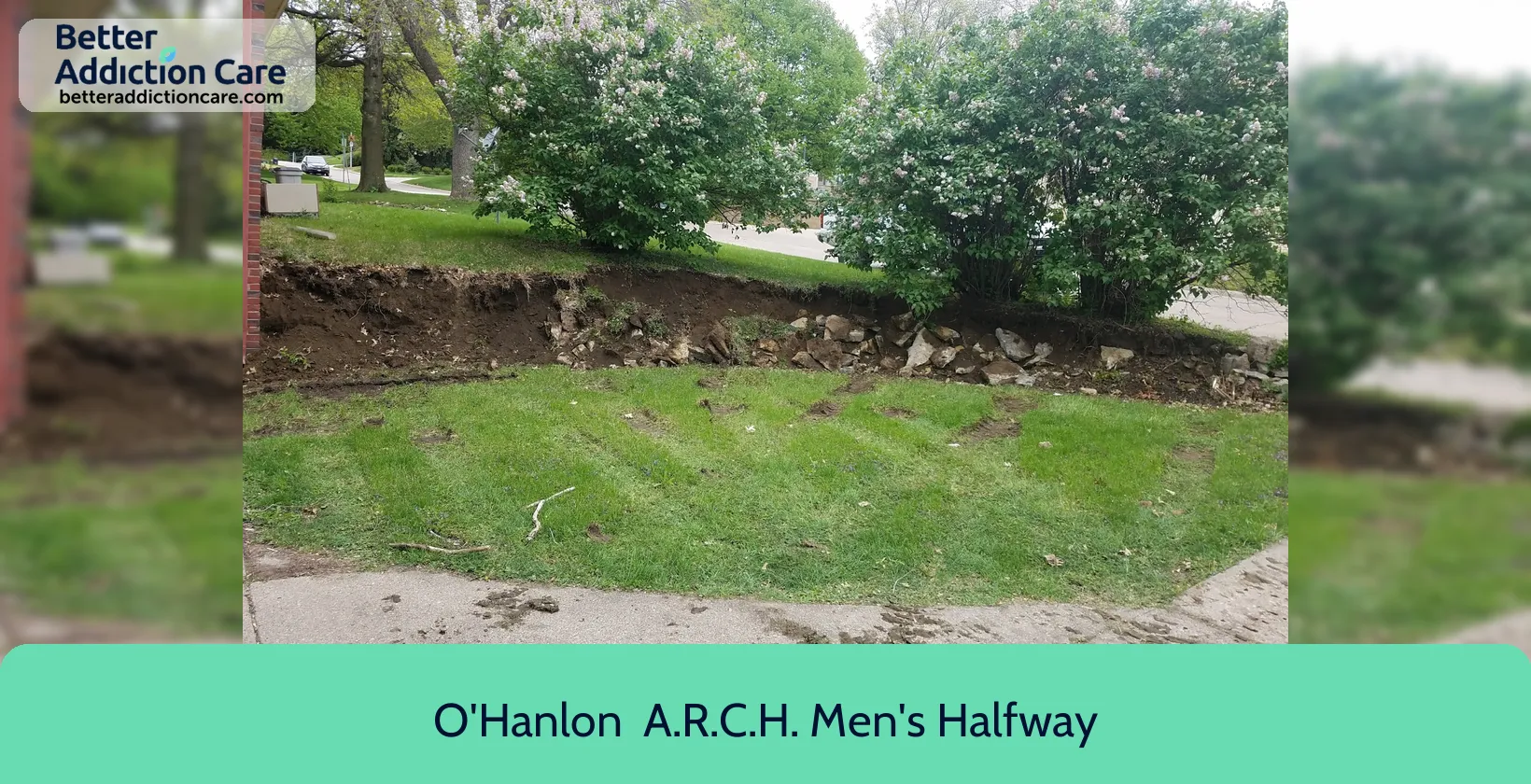
6.80

7.06

6.76
Substance abuse and Mental Health facilities Report for Nebraska
40th
Cheapest To Most Expensive State Rank
137
Substance Abuse Facilities
5,868
Number of Patients Annually
4,982
Annual Enrollments
$9M
Spent on Outpatient Services (Million)
$1,855.00
Avg Outpatient Rehab Cost
883
Residential Admissions
$51M
Spent on Residential Treatment (Million)
$58,777.00
Residential Rehab Pay (Up To)
3
Total Patients
3
Free Drug Rehab Facilities
Alcoholism, Drug Abuse, Mental Health, and Treatment in Montana
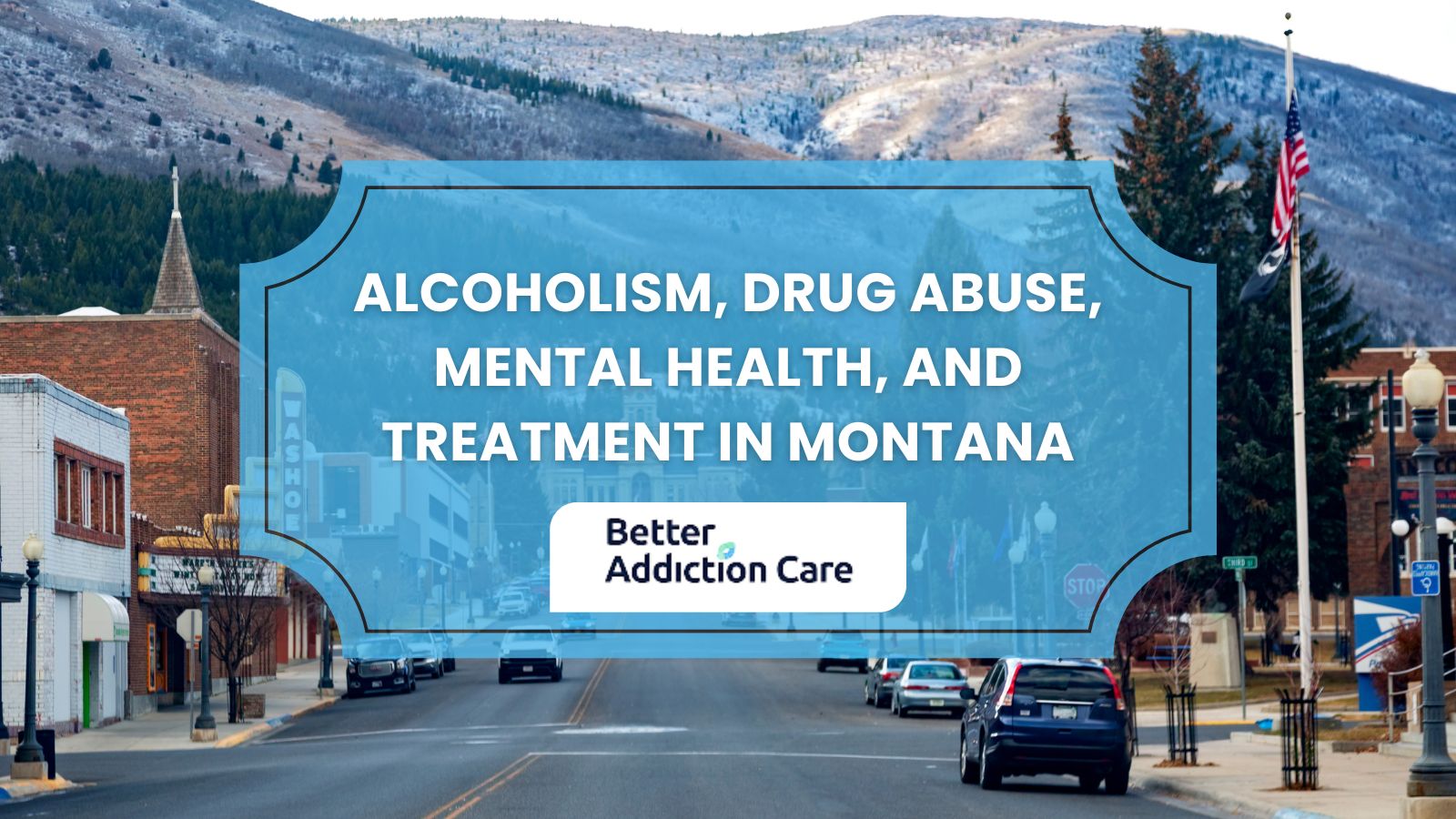
What are the main addictions people in Montana suffer from?
The main addictions people in Montana suffer from include:
- Alcohol Addiction: 67,000 individuals aged 12 and older, equating to 7.46% people, experienced AUD in the past year. 45,000 (67%) Men are more likely to develop Alcohol Addiction than 22,000 (33%) women. AUD contributes to over 20,000 hospital and emergency room visits annually in Montana, with total charges amounting to more than $150 million each year.
- Tobacco Addiction: 254,000 individuals aged 12 and older, 28.32% people, reported using tobacco products in the past month. 189,000 (74%) Men are more likely to use tobacco products than 67,000 (26%) women. Tobacco use is a leading cause of preventable diseases and deaths, including cancer, heart disease, and respiratory illnesses.
- Marijuana Addiction: 180,000 individuals aged 12 and older, or 20.06% people, used marijuana in the past year. 110,000 (61%) Men are more likely to use marijuana than 70,000 (38%) women. Regular marijuana use leads to dependence and has been associated with mental health issues such as anxiety and depression.
- Methamphetamine Addiction: 13,000 individuals aged 12 and older, equating to 1.43% people, reported methamphetamine use in the past year. 8,000 (61%) Men are more likely to use methamphetamine than 5,000 (38%) women. From 2021 to 2024, the age-adjusted rate of methamphetamine-related overdoses in Montana increased by 161%.
- Prescription Opioid Addiction: 6,000 individuals aged 12 and older, or 0.68% people, experienced prescription pain reliever addiction in the past year. 4,000 (66%) Men are more likely to misuse prescription opioids than 2,000 (33%) women. Montana's opioid overdose death rate nearly tripled from 2.7 deaths per 100,000 residents in 2019-2021 to 7.3 in 2022-2024.
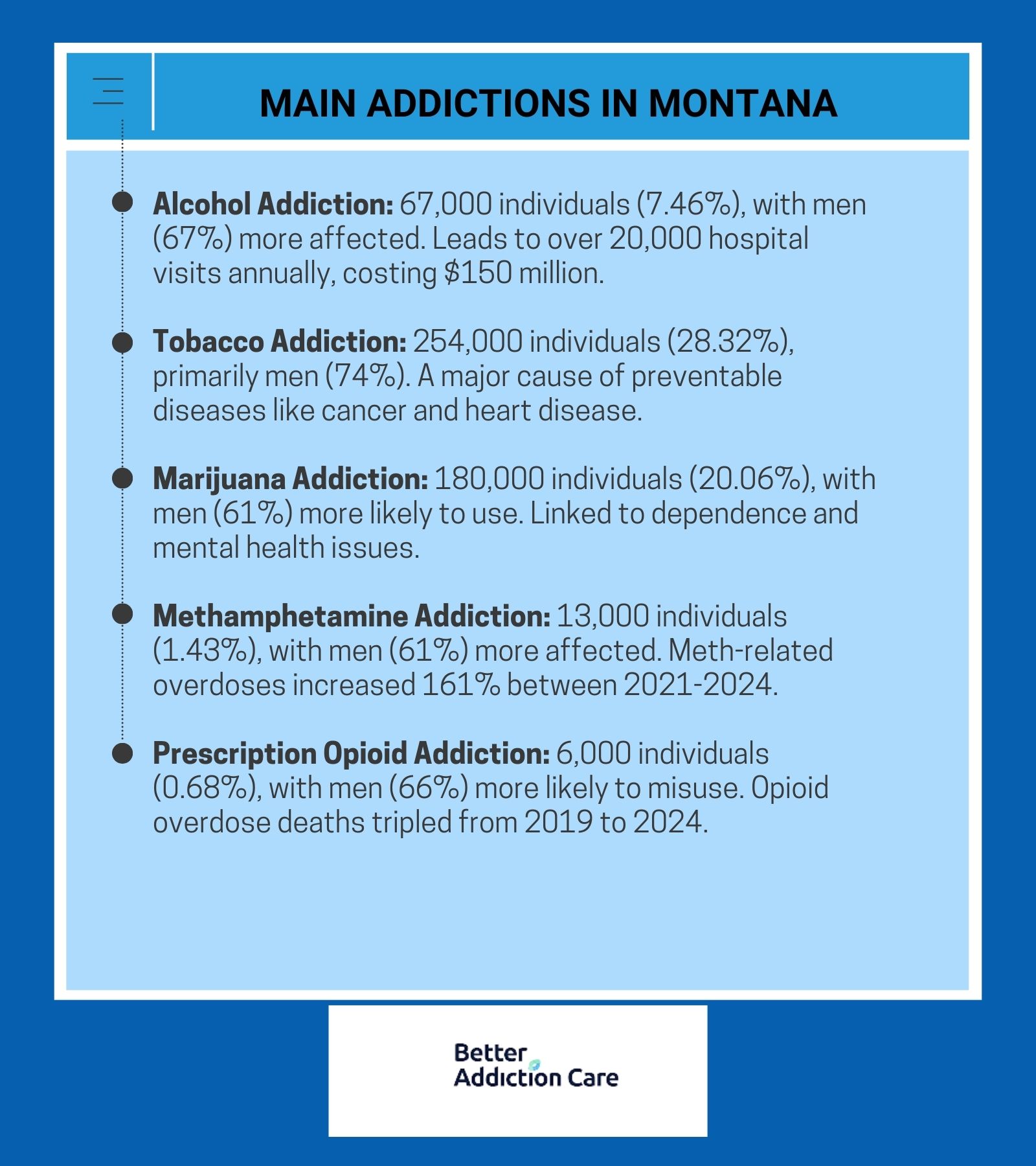
What is the cost of rehab centers in Montana?
The cost of rehab centers in Montana is $62,530, which equates to 94%. Inpatient rehab programs, lasting 30 days, average $694.78 per day, totaling $20,843 (31%) without insurance coverage. Outpatient programs, over a similar duration, cost $54.23 per day, amounting to $1,627 (2.4%) without insurance.
The type of addiction influences treatment costs of rehab centers. For instance, medical detoxification, often required for alcohol or opioid dependencies, add significant expenses. The average cost of medical detox in Montana is $154,159, which is 146.5% higher than the standard inpatient rehab cost.
Montana's median household income is $66,341. The cost of rehab centers in Montana consumes 94% of annual income, while medical detox accounts for 232.3%. This indicates that such treatments pose a substantial financial burden for many households.
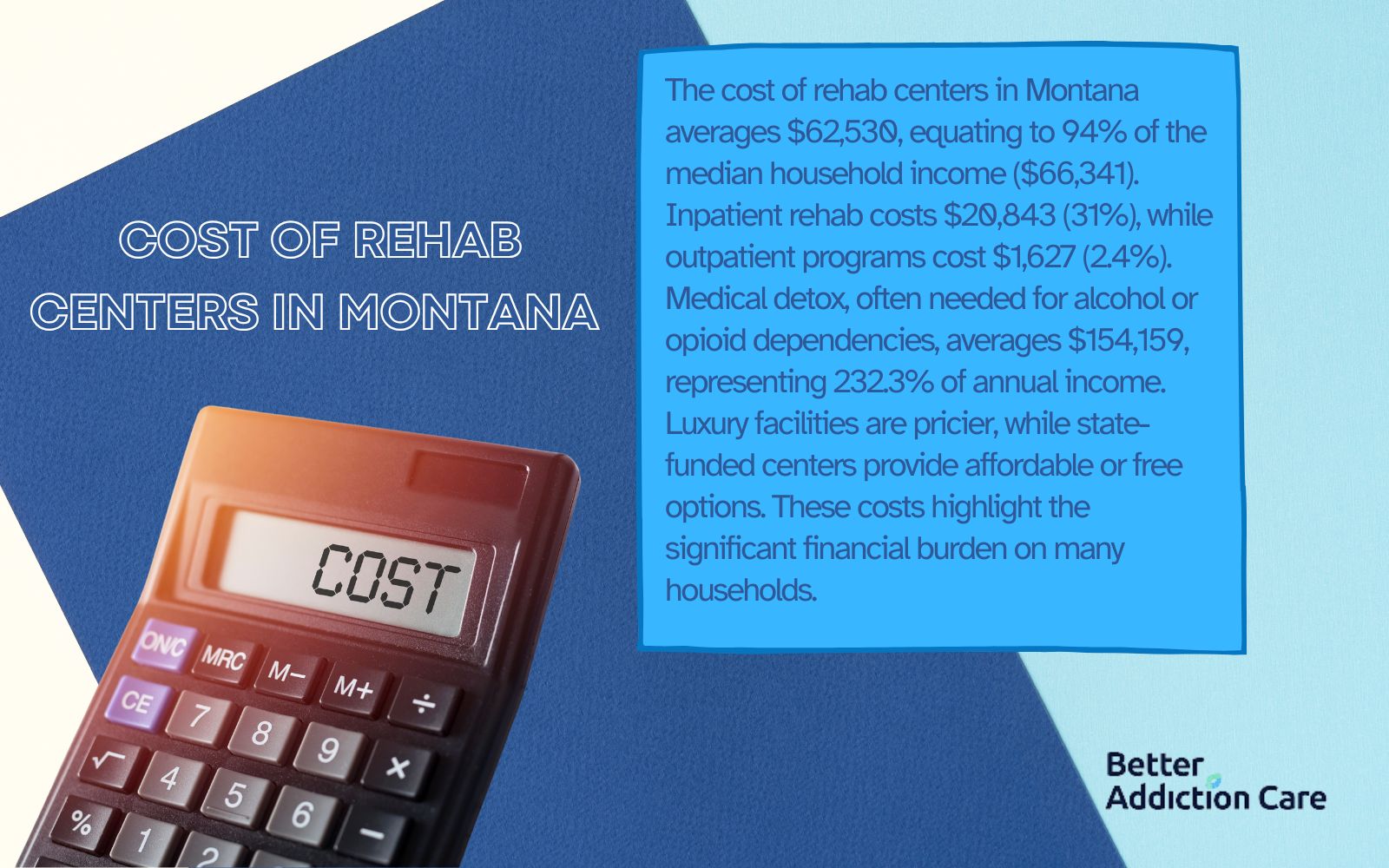
The cost of rehab centers in Montana also vary based on the type of rehab center. Luxury facilities with specialized services tend to be more expensive, whereas state-funded or non-profit centers offer more affordable or even free options.
What is the cost of LGBTQ+ rehab centers in Montana?
The cost of LGBTQ+ rehab centers in Montana is $60,530, which equates to 91%. Inpatient rehab programs, lasting 30 days, average around $694.78 per day, totaling $20,843 (31%) without insurance coverage. Outpatient programs, over a similar duration, cost $54.23 per day, amounting to $1,627 (2.4%) without insurance.
The type of addiction influences treatment costs of LGBTQ+ rehab centers. For instance, medical detoxification, often required for alcohol or opioid dependencies, add significant expenses. The average cost of medical detox in Montana is $154,159, which is 146.5% higher than the standard inpatient rehab cost.
Montana's median household income is $66,341. The cost of LGBTQ+ rehab centers in Montana consumes 91% of annual income, while medical detox accounts for 232.3%. This indicates that such treatments pose a substantial financial burden for many households.
The cost of LGBTQ+ rehab centers in Montana also vary based on the type of rehab center. Luxury facilities with specialized services tend to be more expensive, whereas state-funded or non-profit centers offer more affordable or even free options.
What is the cost of Faith-Based rehab centers in Montana?
The cost of Faith-Based rehab centers in Montana is $61,900, which equates to 93 %. Inpatient rehab programs, lasting 30 days, average around $694.78 per day, totaling about $20,843 (31%) without insurance coverage. Outpatient programs, over a similar duration, cost $54.23 per day, amounting to $1,627 (2.4%) without insurance.
The type of addiction influences treatment costs of Faith-Based rehab centers. For instance, medical detoxification, often required for alcohol or opioid dependencies, add significant expenses. The average cost of medical detox in Montana is $154,159, which is 146.5% higher than the standard inpatient rehab cost.
Montana's median household income is $66,341. The cost of Faith-Based rehab centers in Montana consumes 93% of annual income, while medical detox accounts for 232.3%. This indicates that such treatments pose a substantial financial burden for many households.
The cost of Faith-Based rehab centers in Montana also vary based on the type of rehab center. Luxury facilities with specialized services tend to be more expensive, whereas state-funded or non-profit centers offer more affordable or even free options.
What is the cost of Men-Only rehab centers in Montana?
The cost of Men-Only rehab centers in Montana is $58,930, which equates to 88%. Inpatient rehab programs, lasting 30 days, average $694.78 per day, totaling $20,843 (31%) without insurance coverage. Outpatient programs, over a similar duration, cost $54.23 per day, amounting to about $1,627 (2.4%) without insurance.
The type of addiction influences treatment costs of Men-Only rehab centers. For instance, medical detoxification, often required for alcohol or opioid dependencies, add significant expenses. The average cost of medical detox in Montana is $154,159, which is 146.5% higher than the standard inpatient rehab cost.
Montana's median household income is $66,341. The cost of Men-Only rehab centers in Montana consumes 88% of annual income, while medical detox accounts for 232.3%. This indicates that such treatments pose a substantial financial burden for many households.
The cost of Men-Only rehab centers in Montana also vary based on the type of rehab center. Luxury facilities with specialized services tend to be more expensive, whereas state-funded or non-profit centers offer more affordable or even free options.


